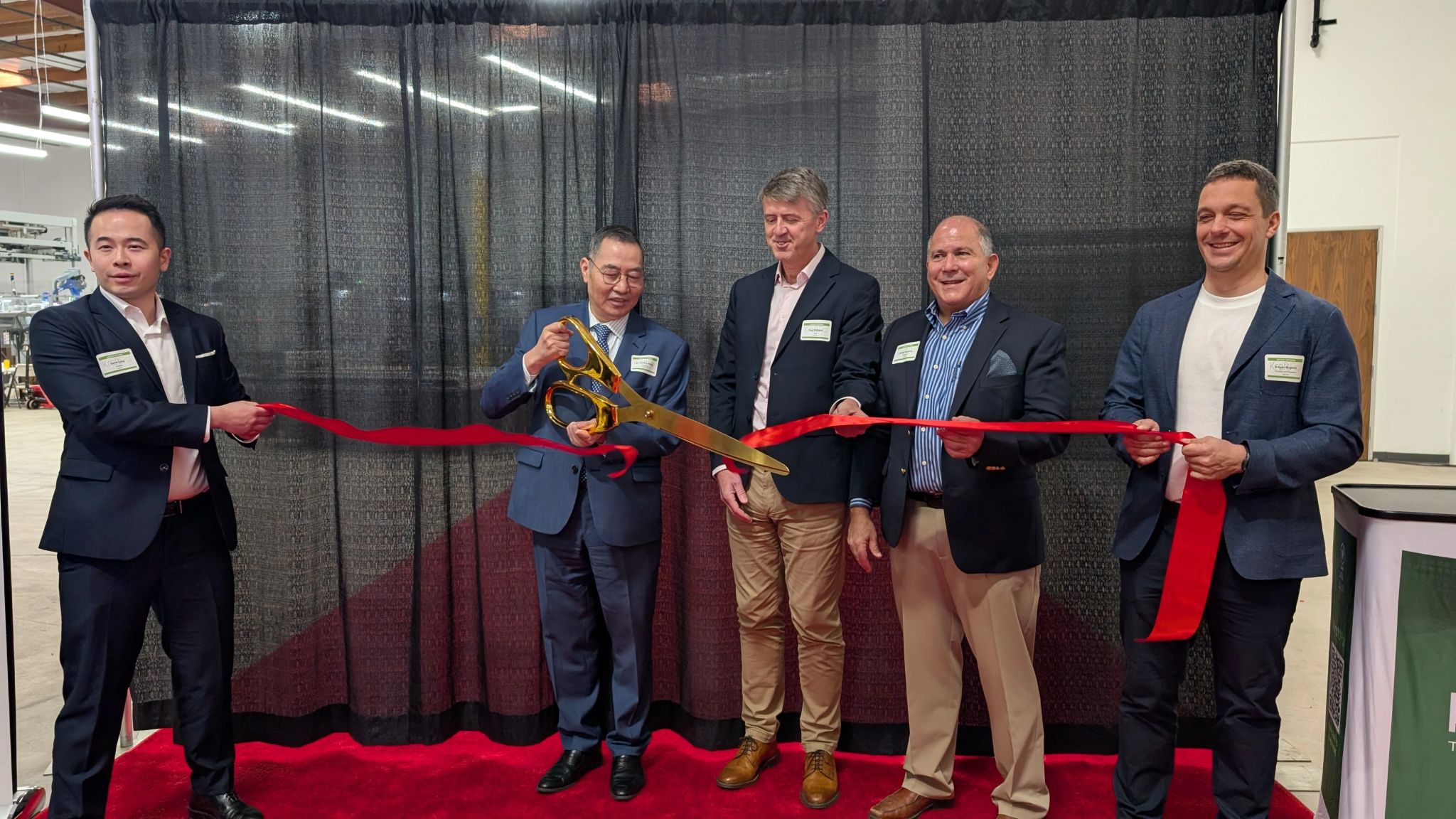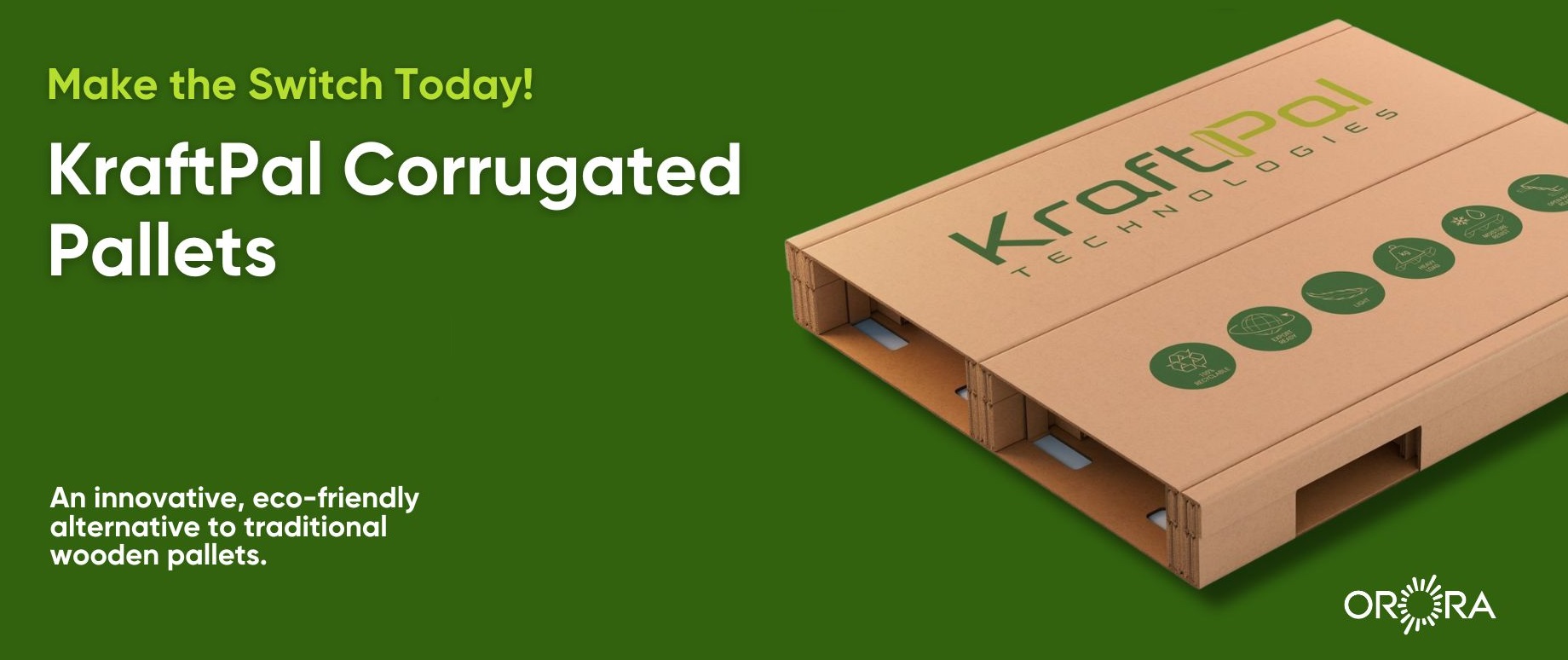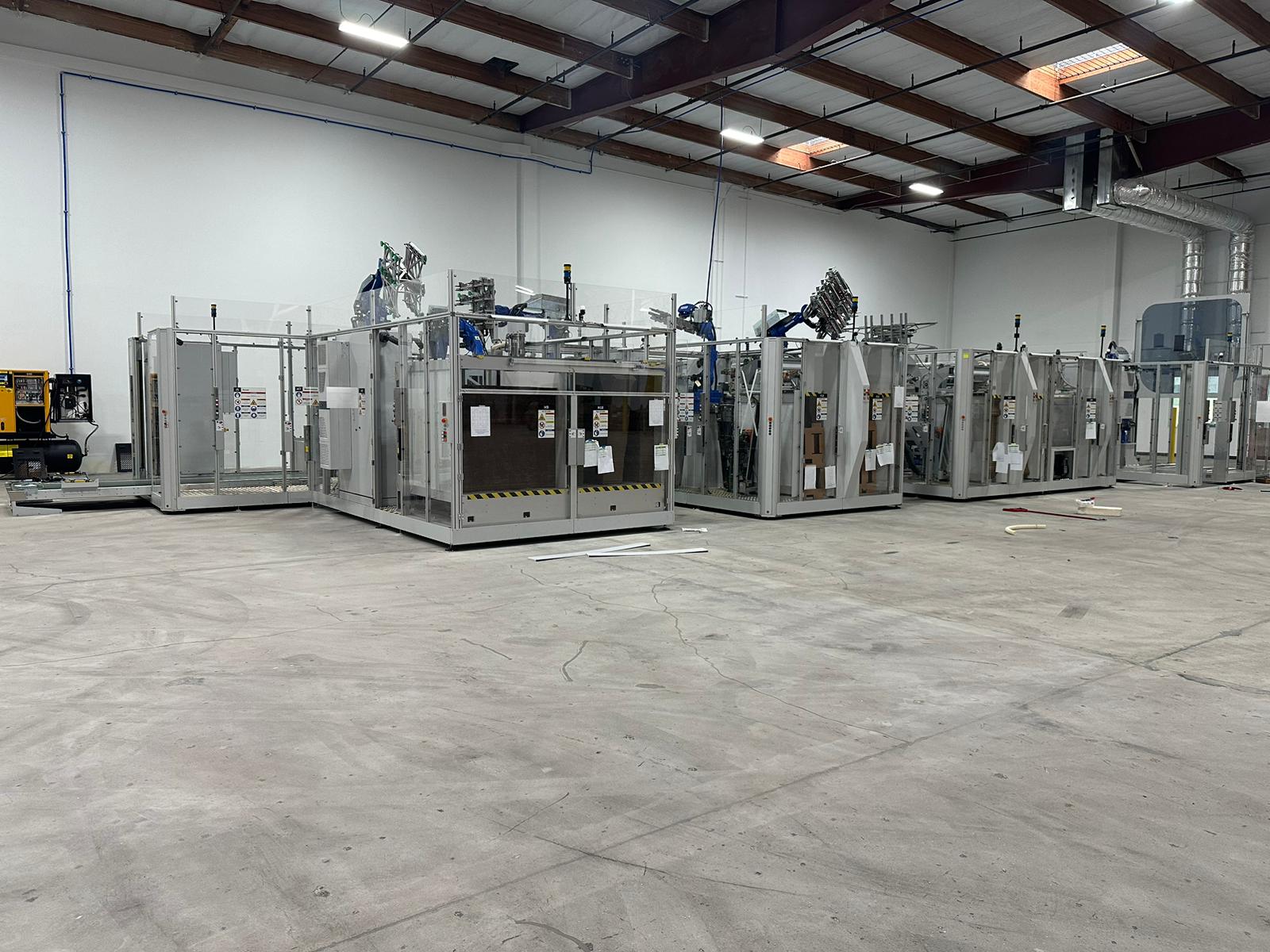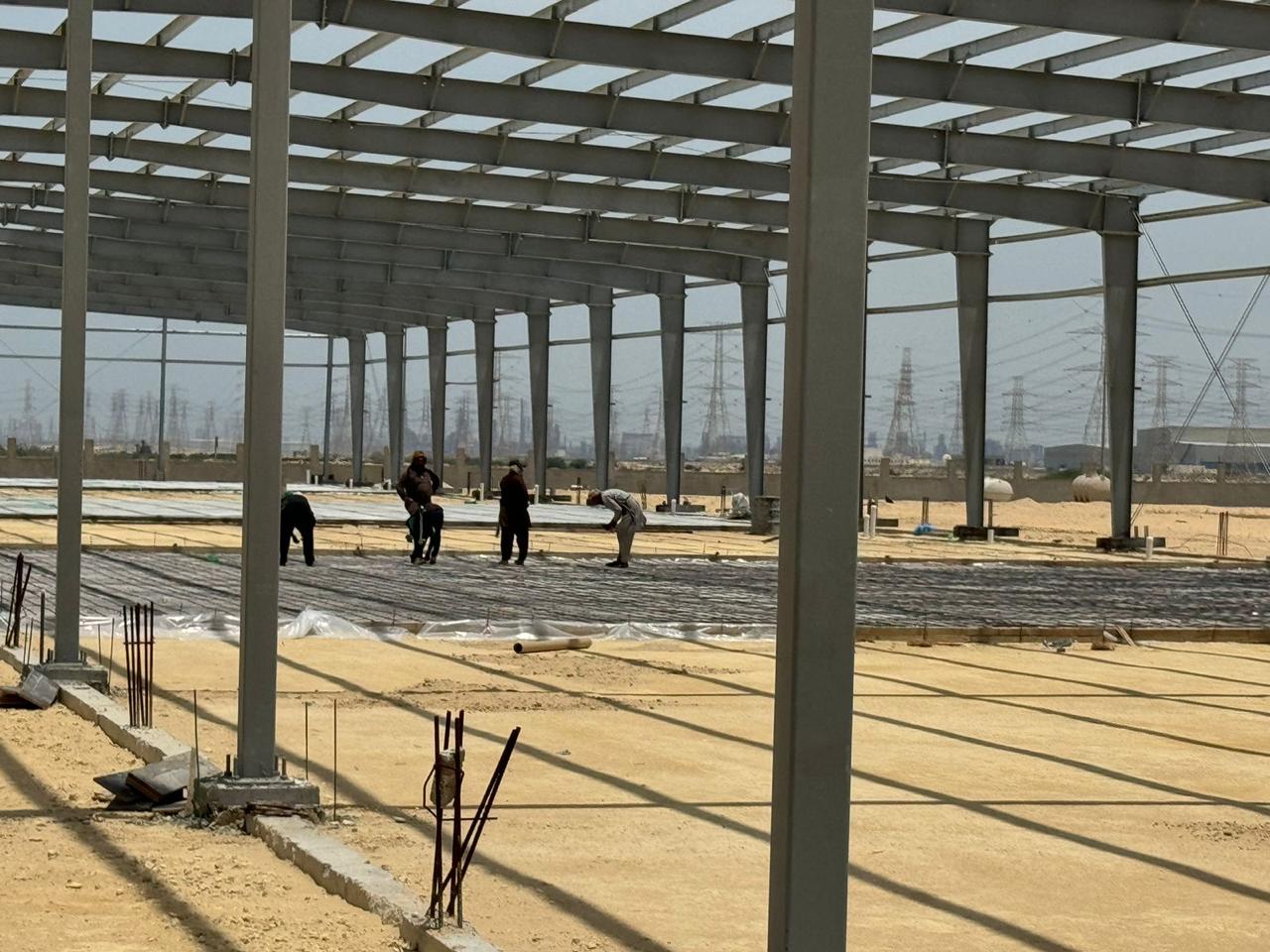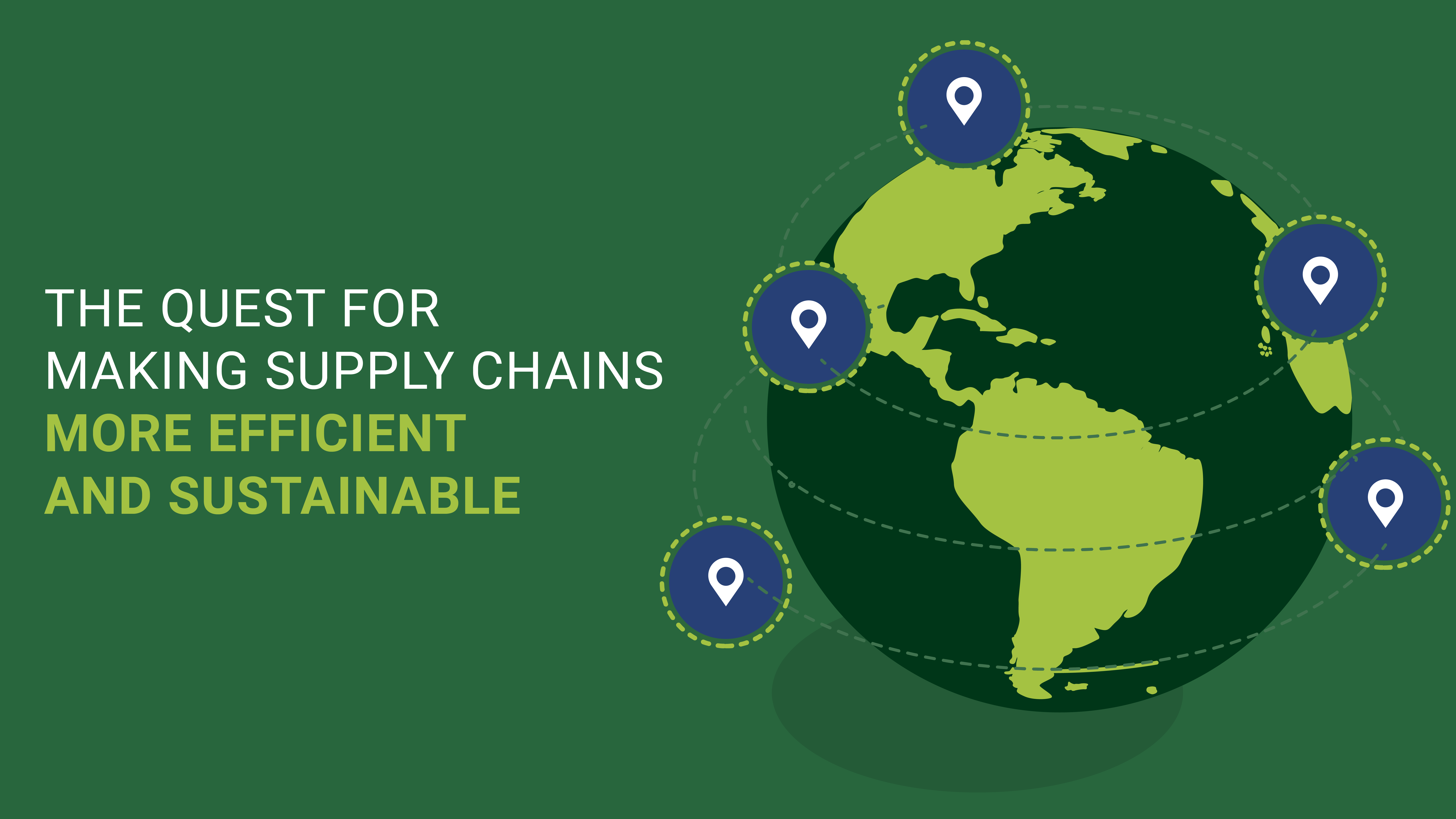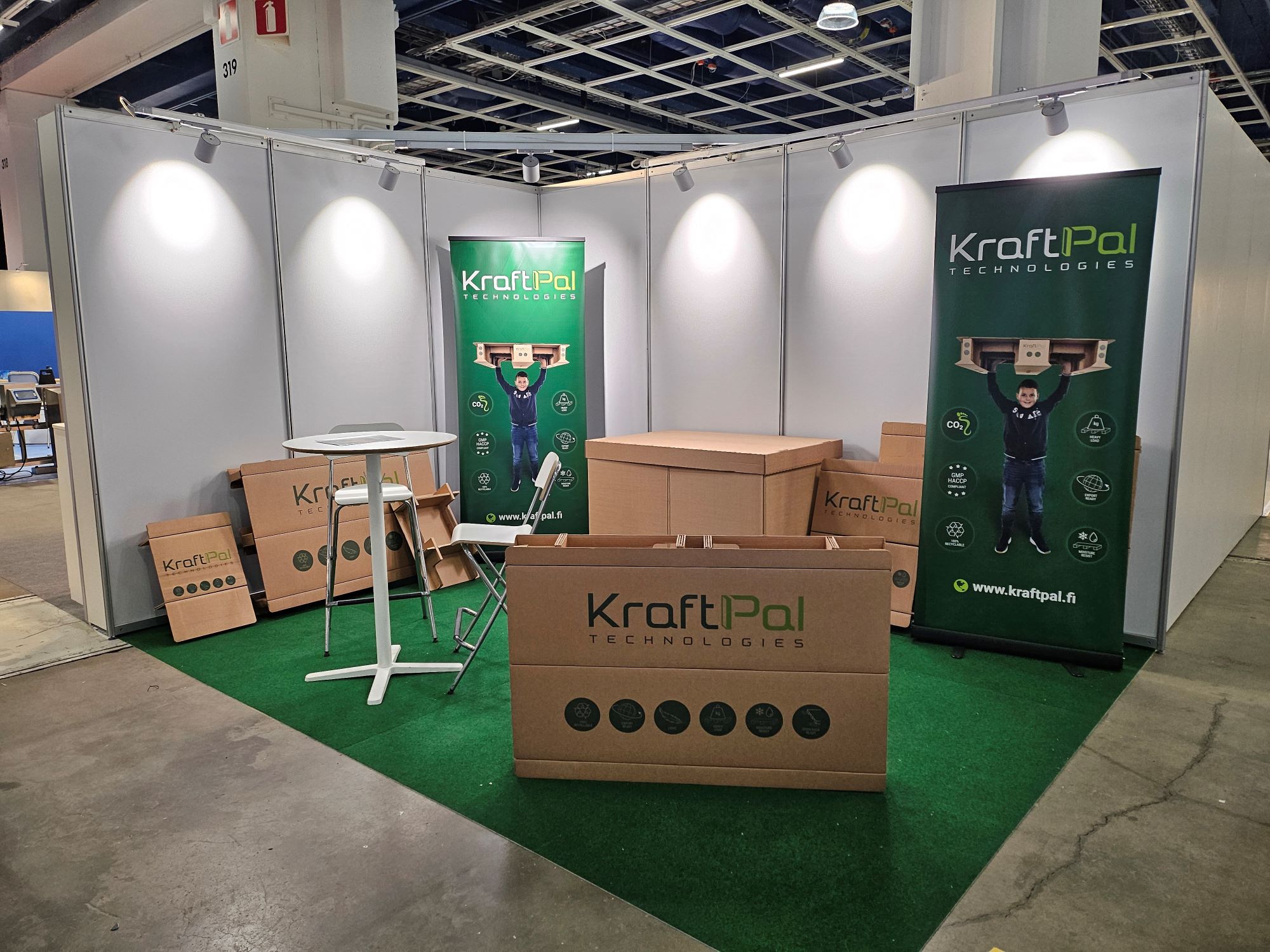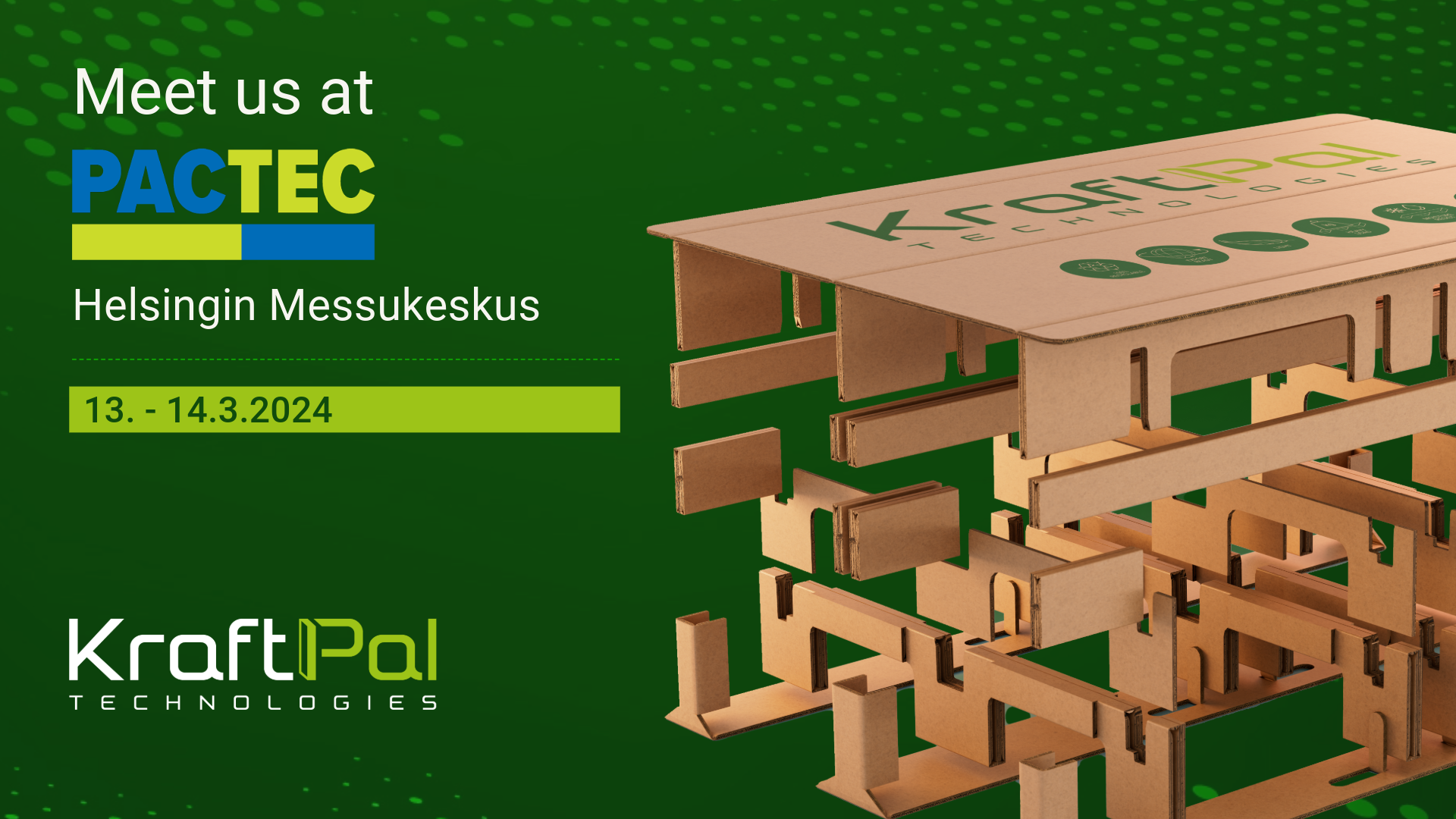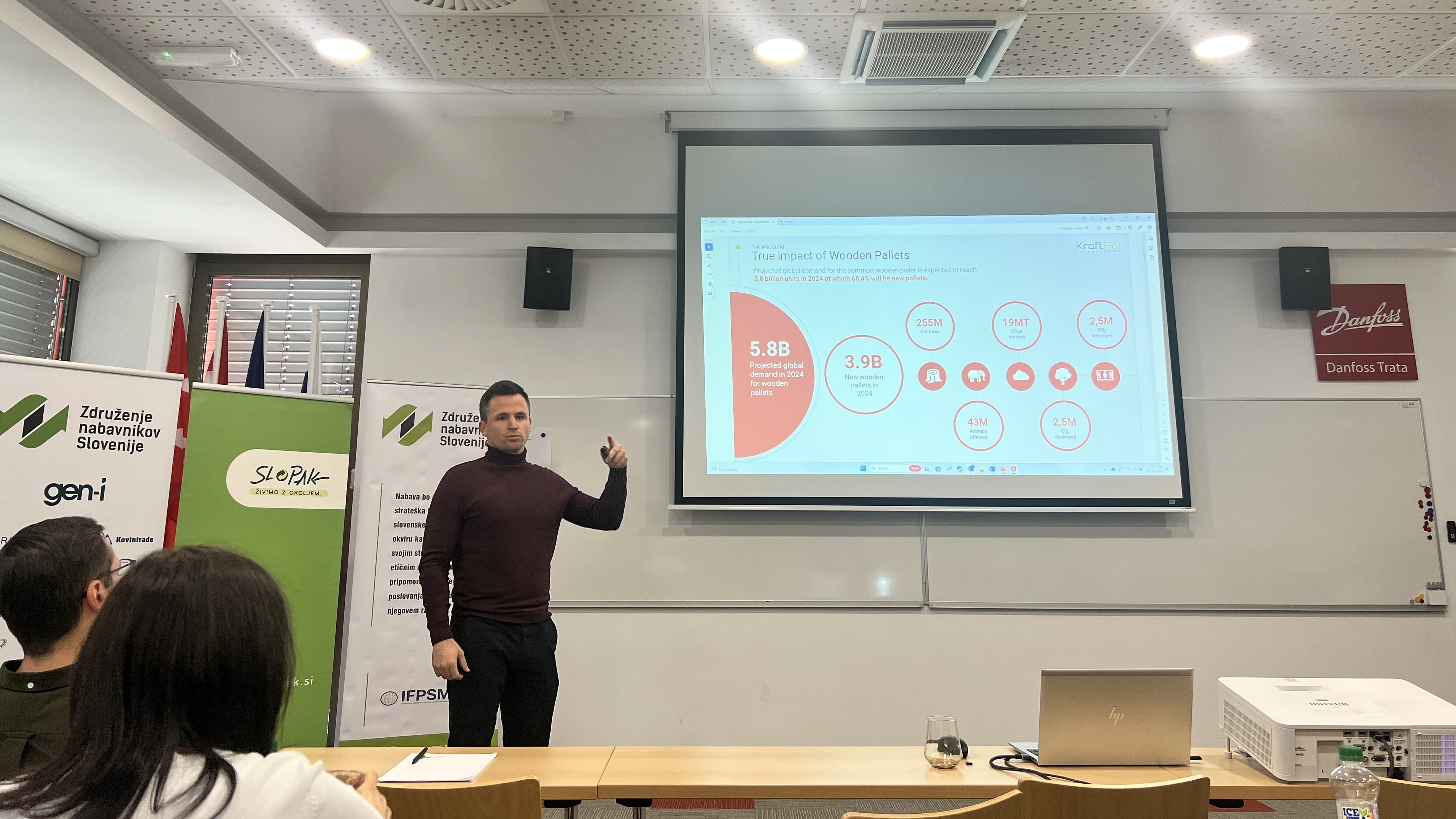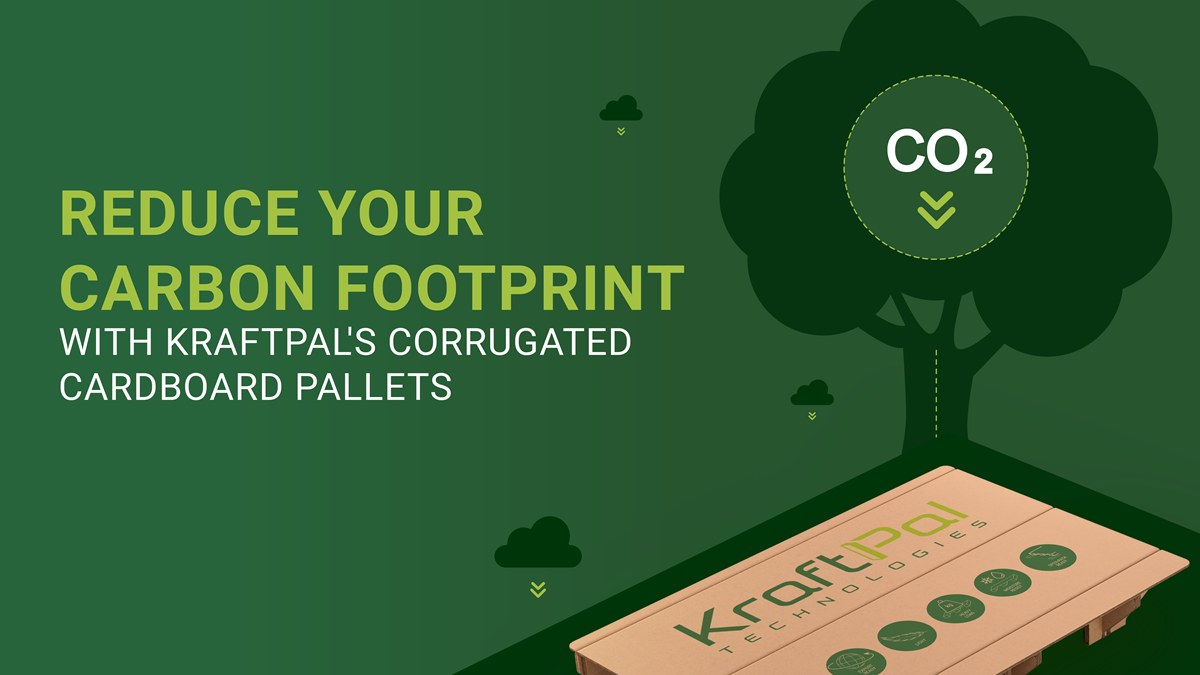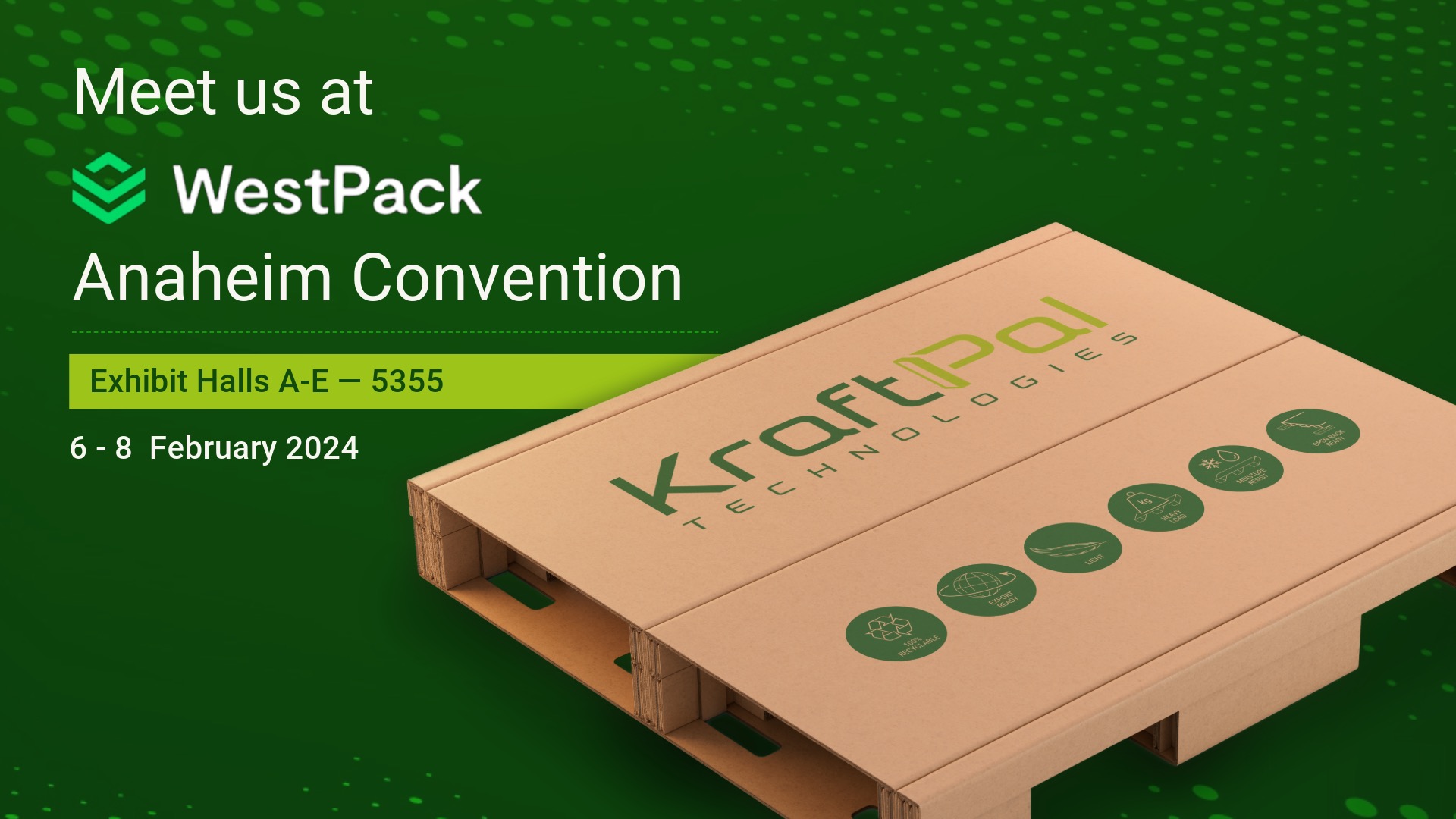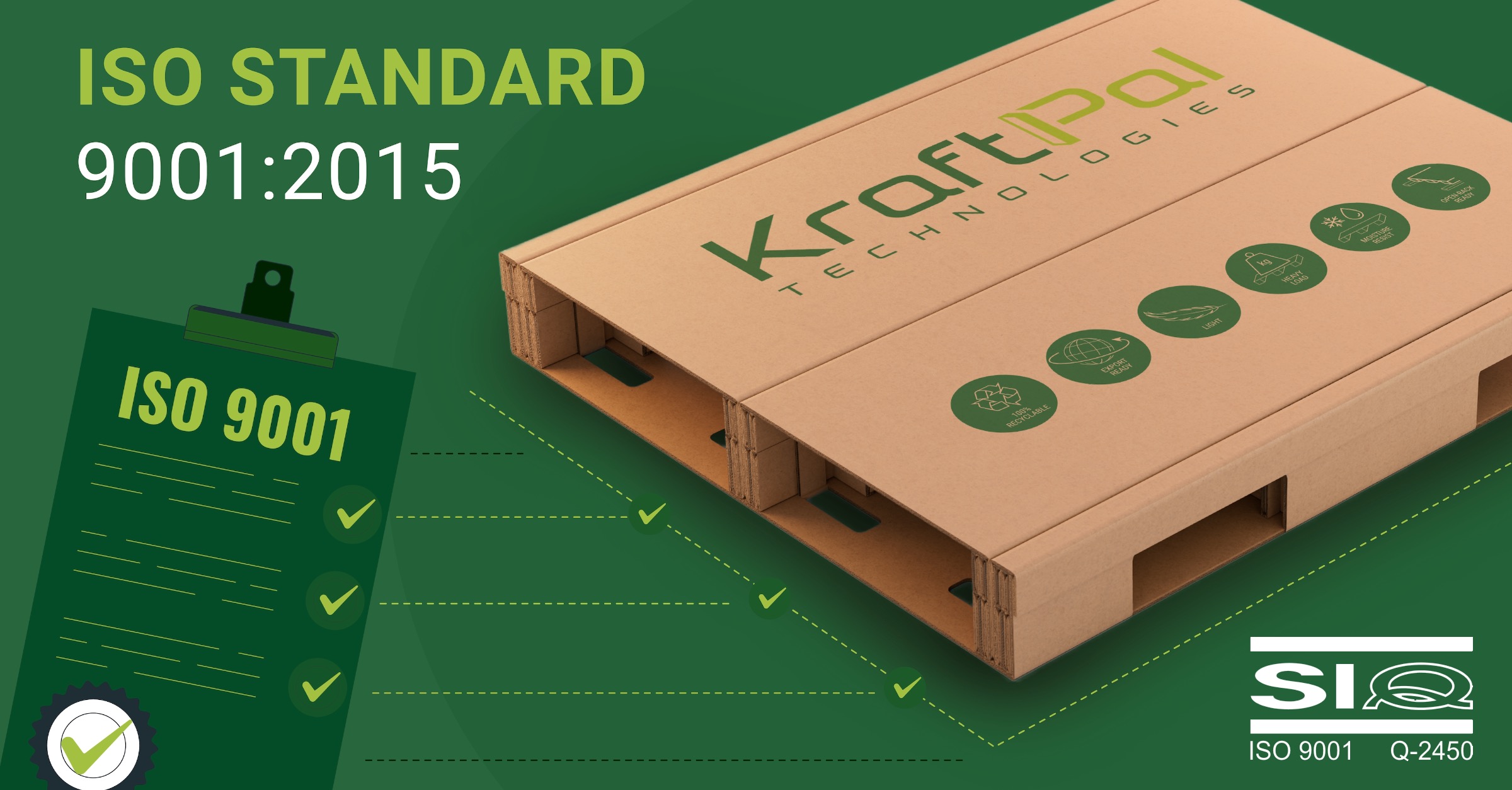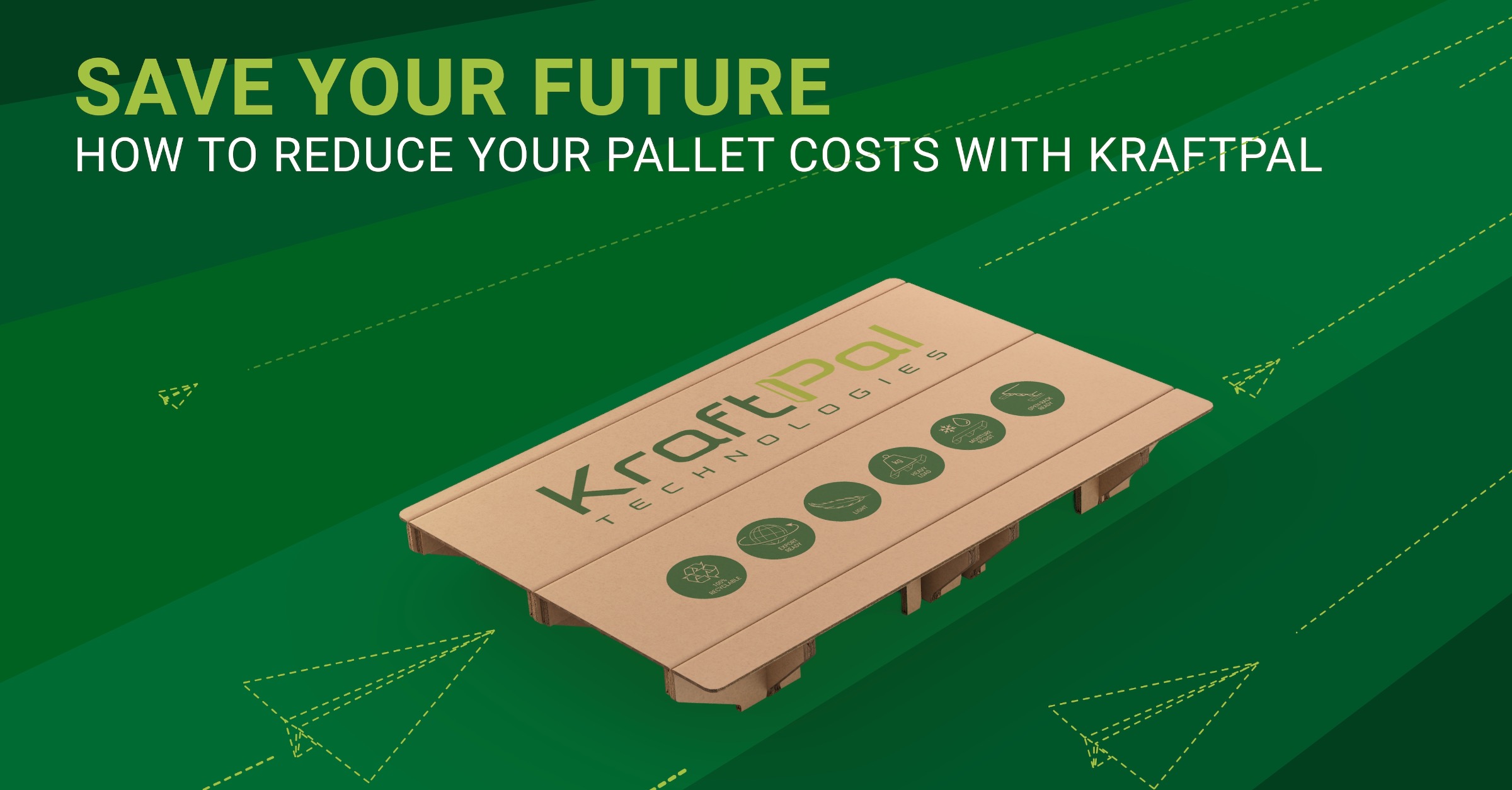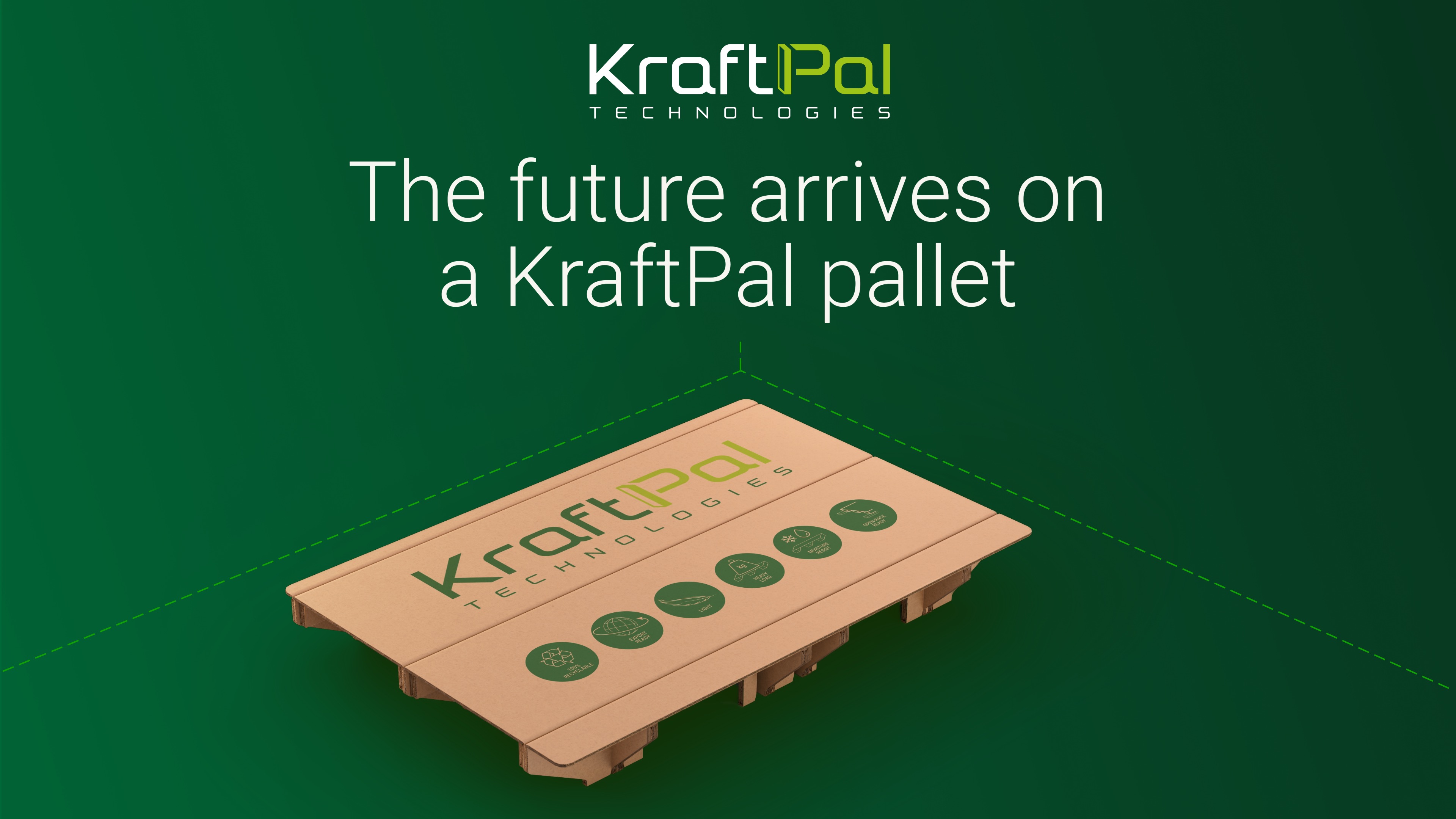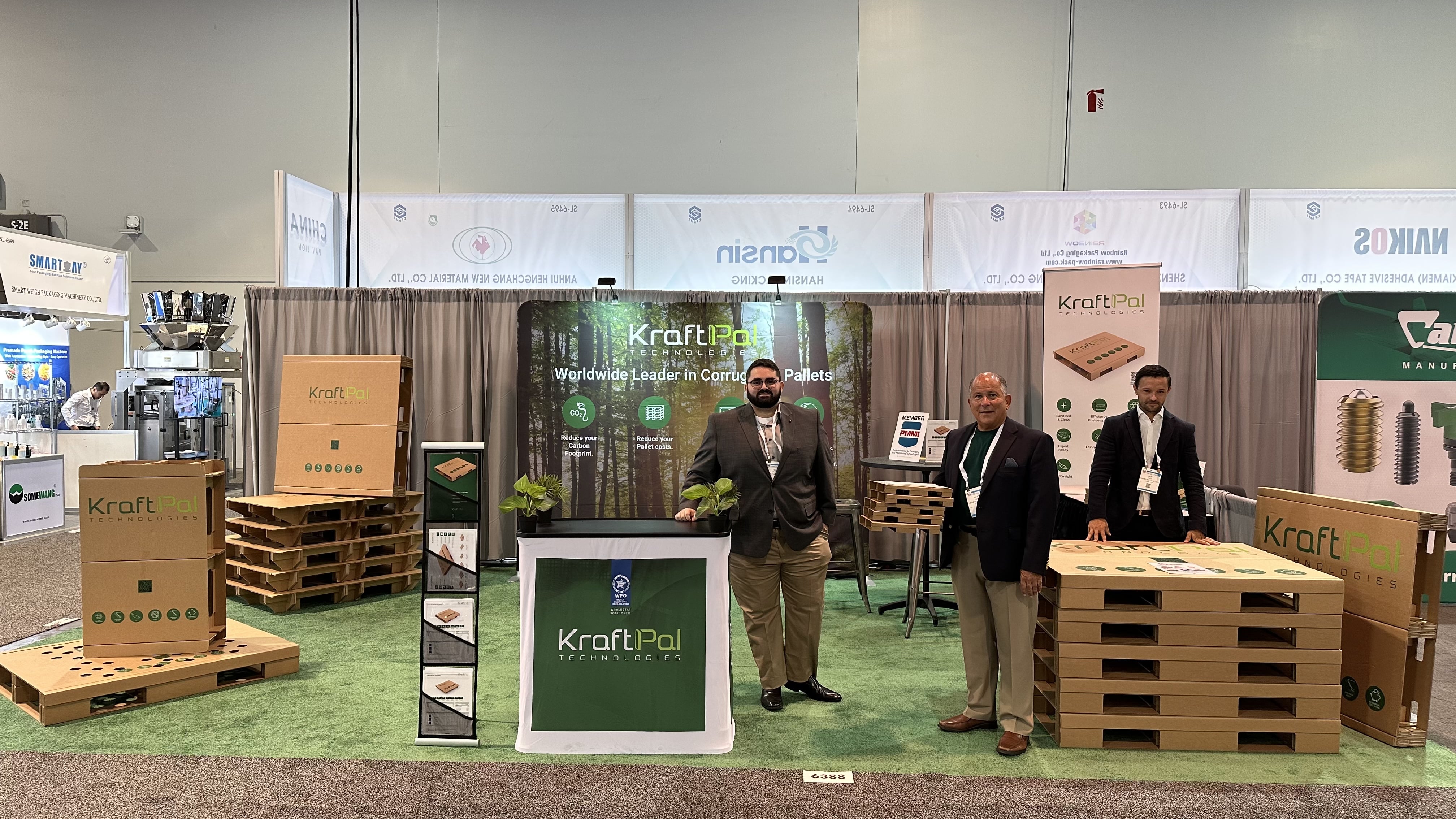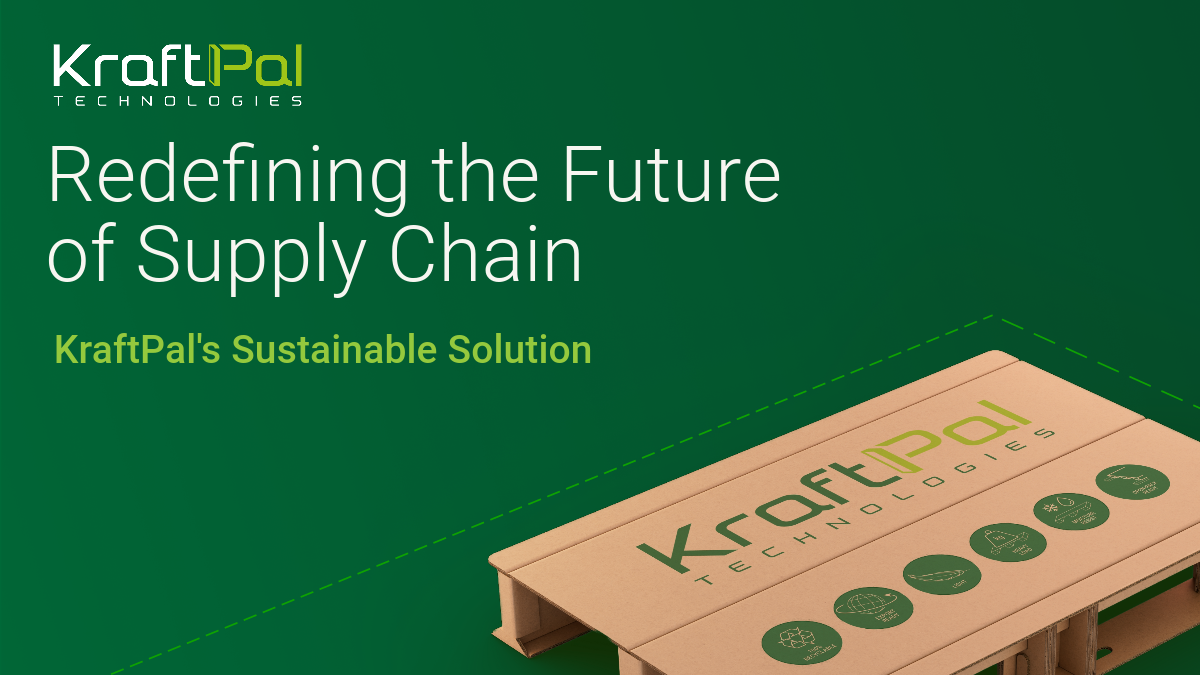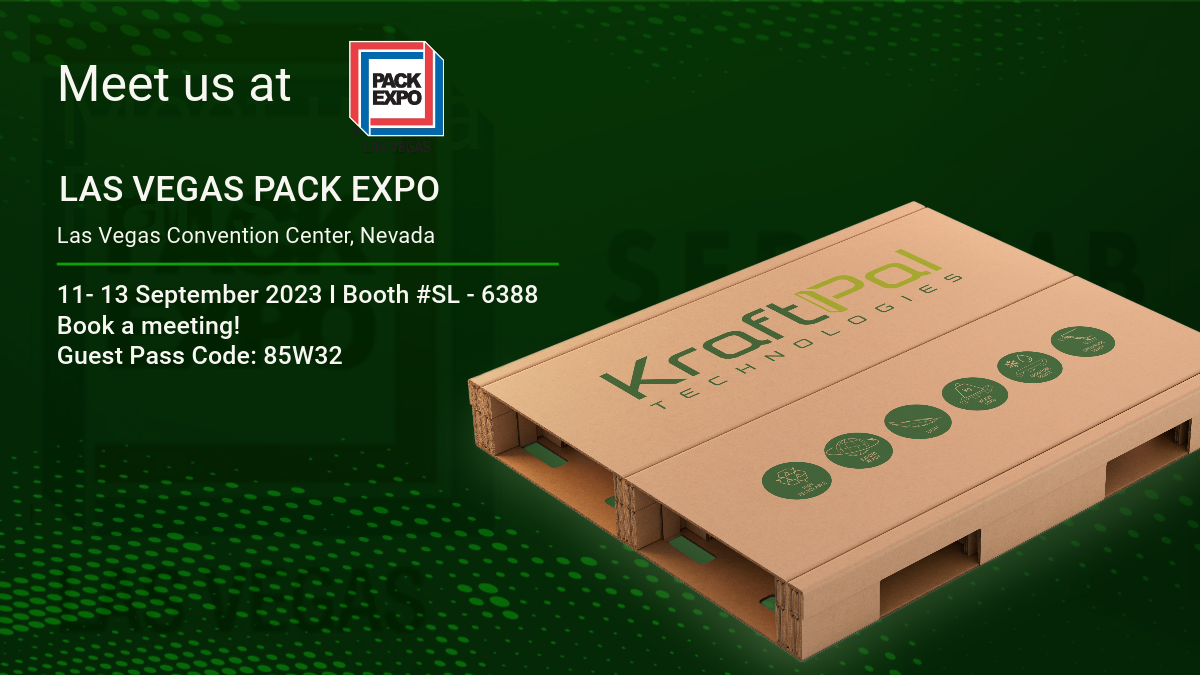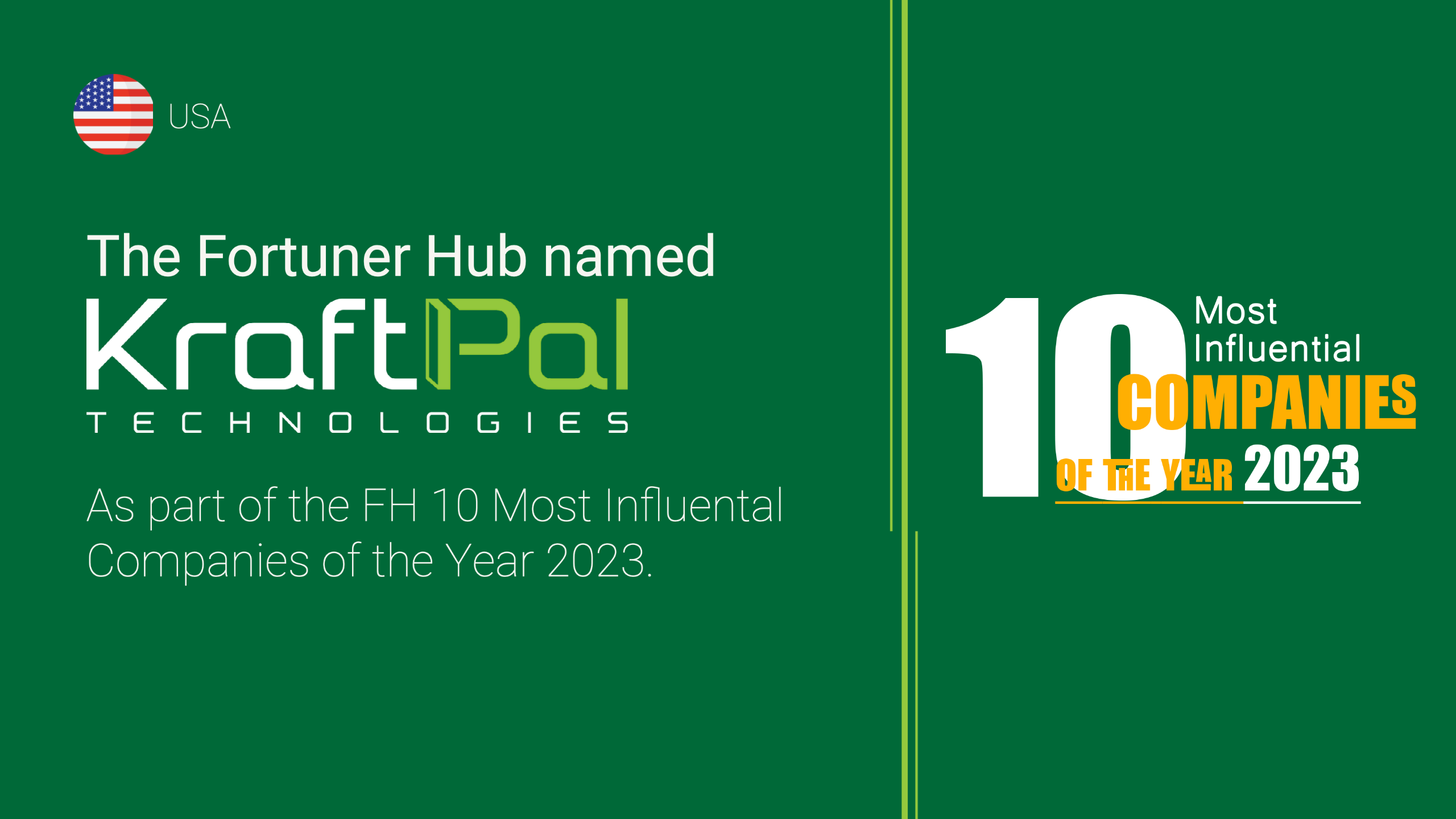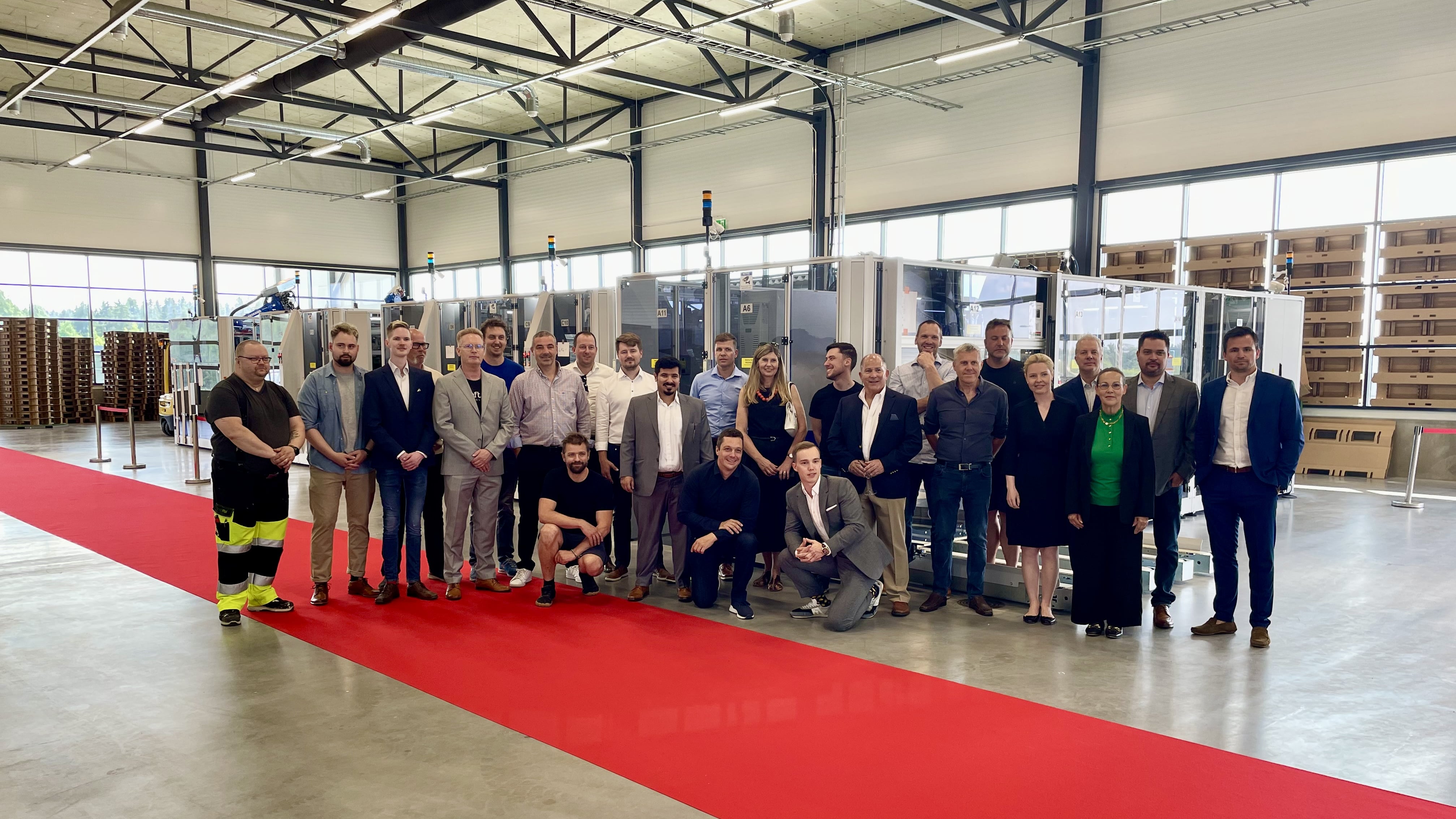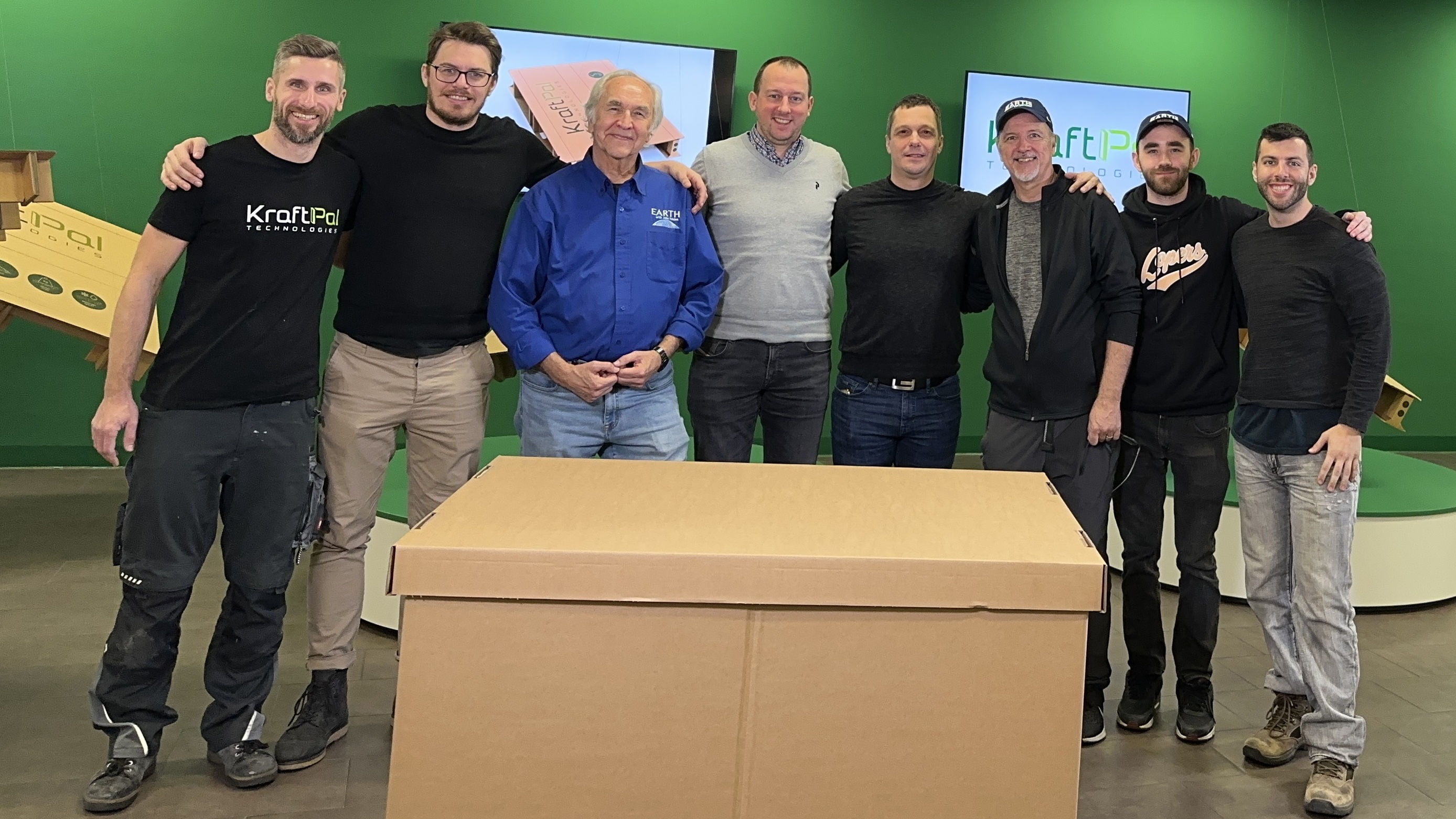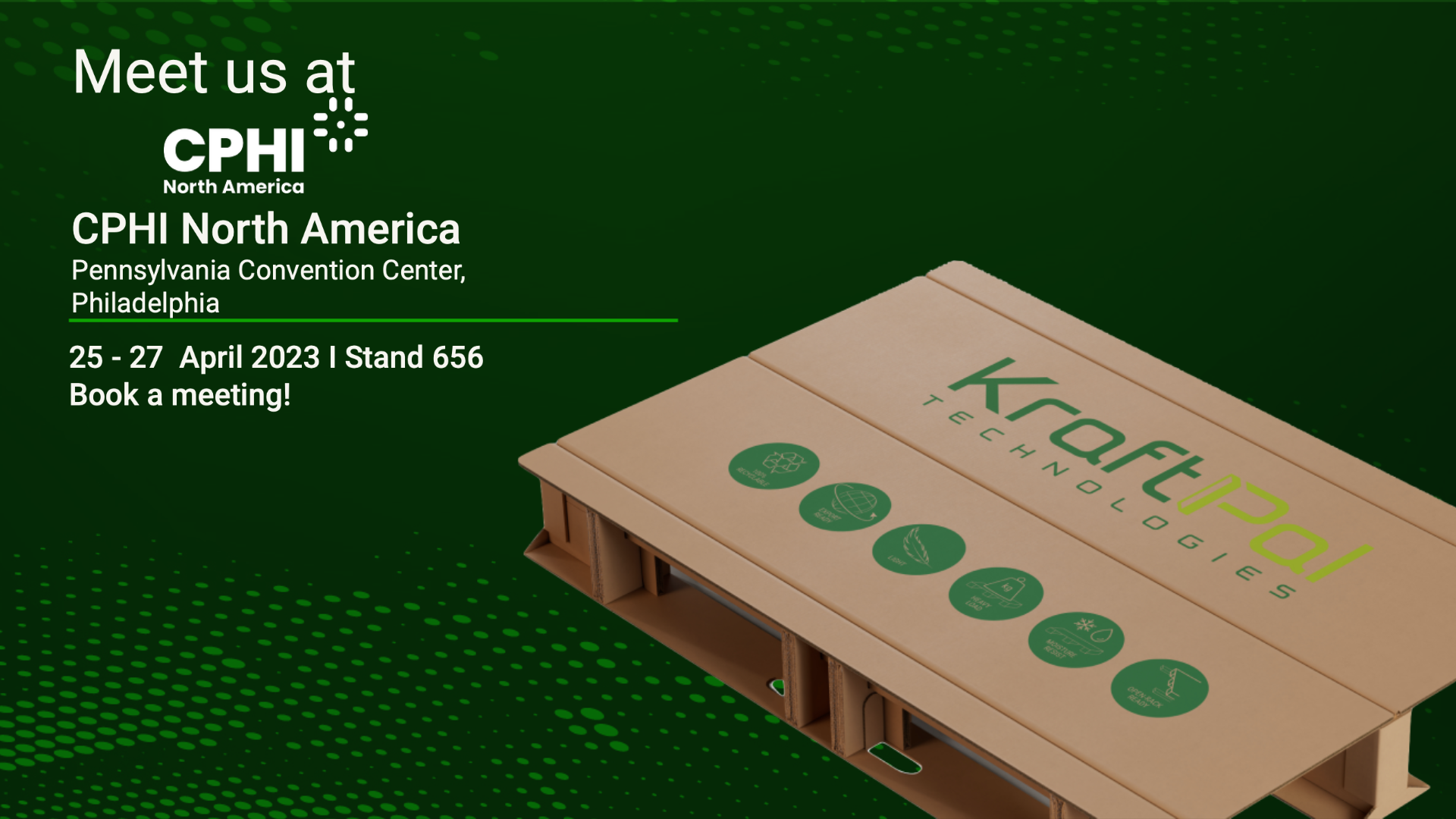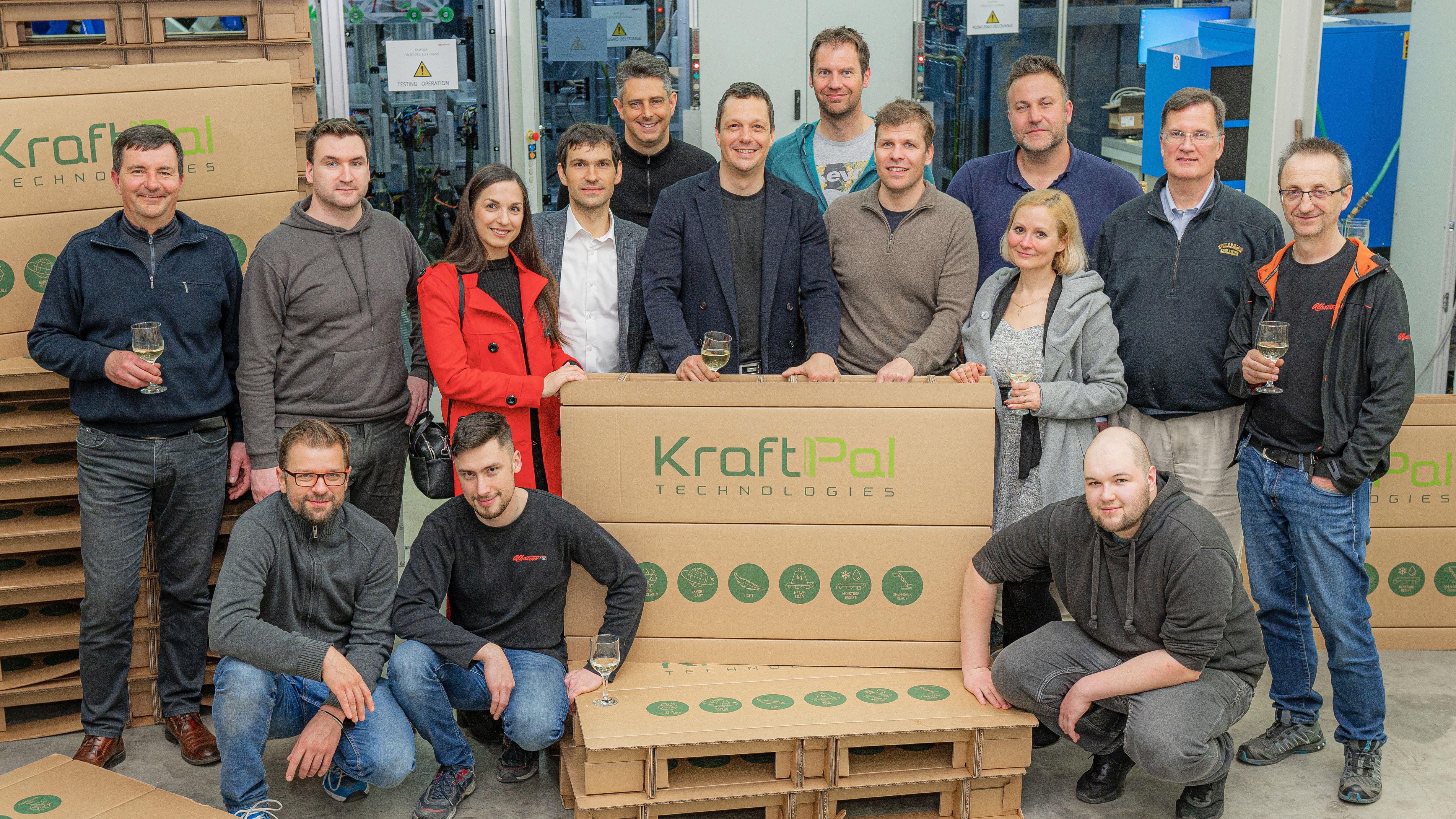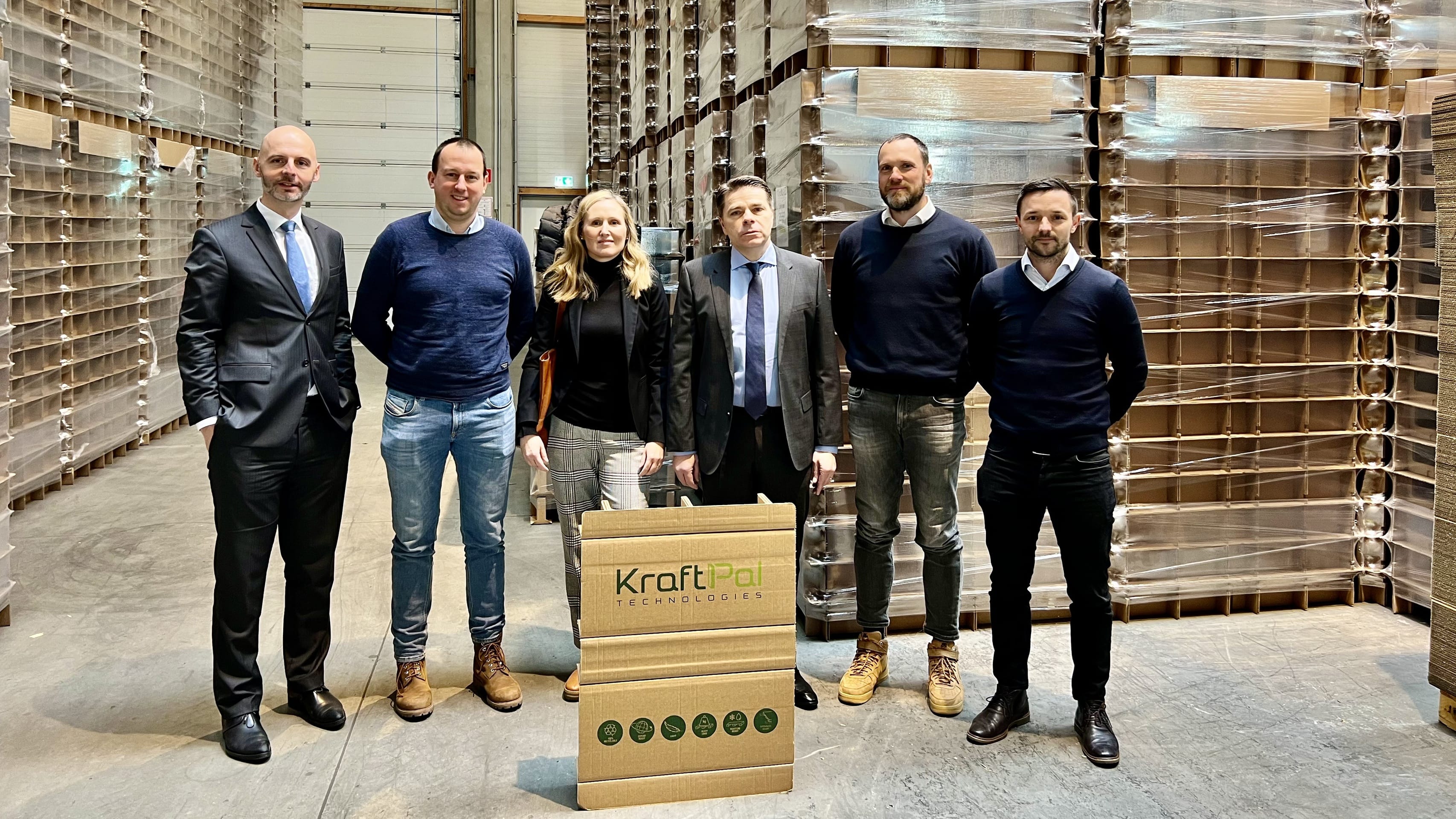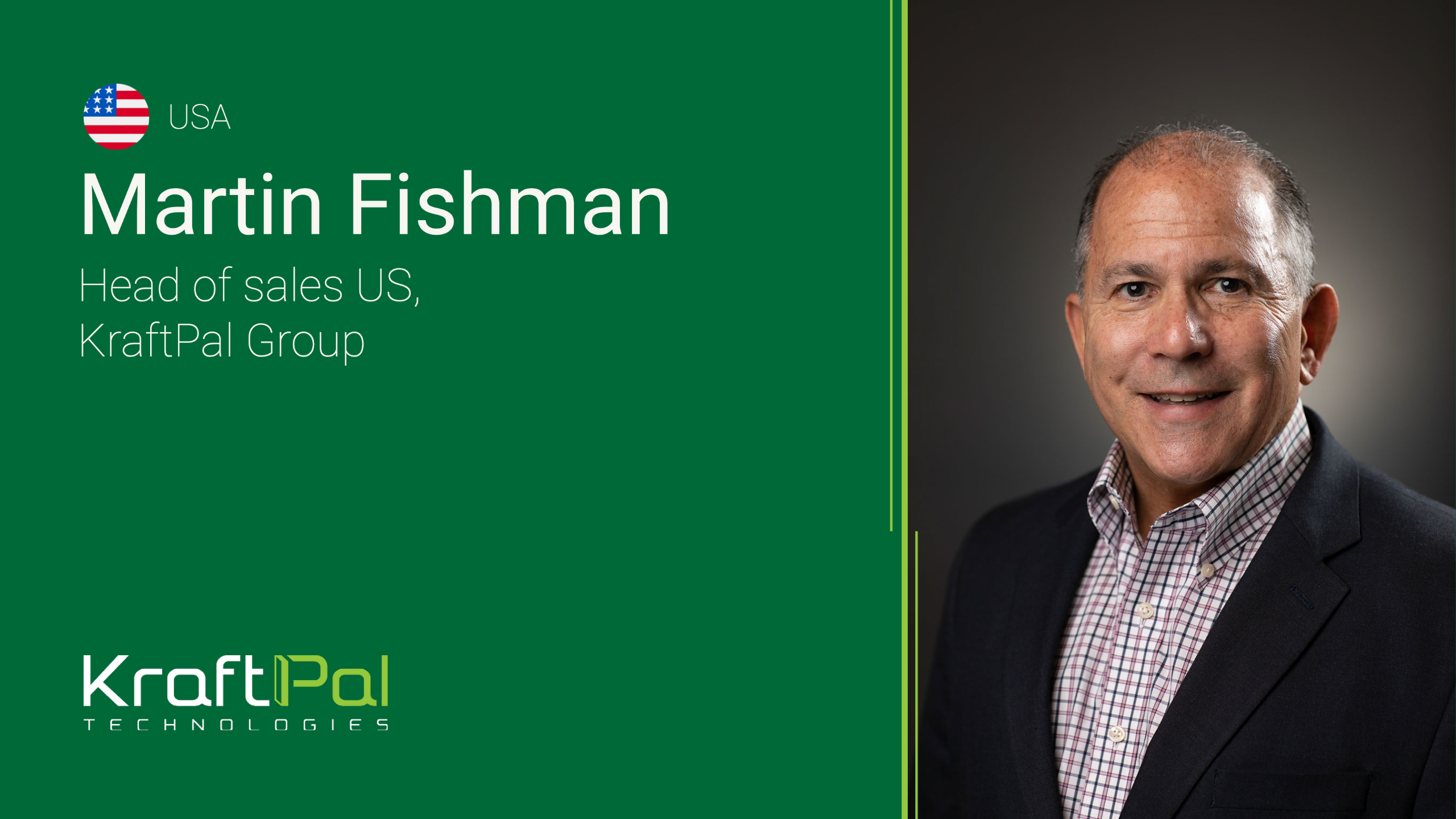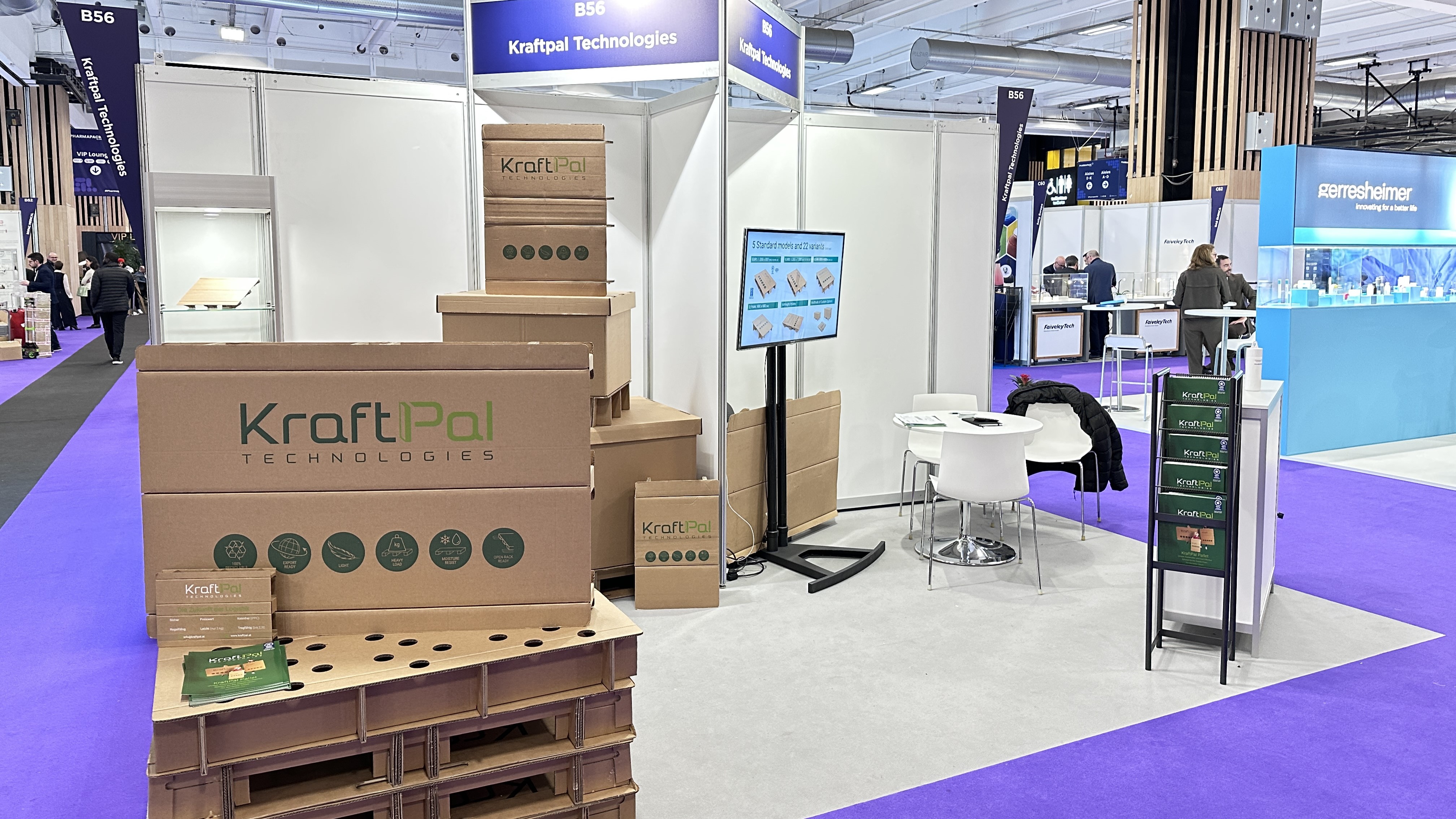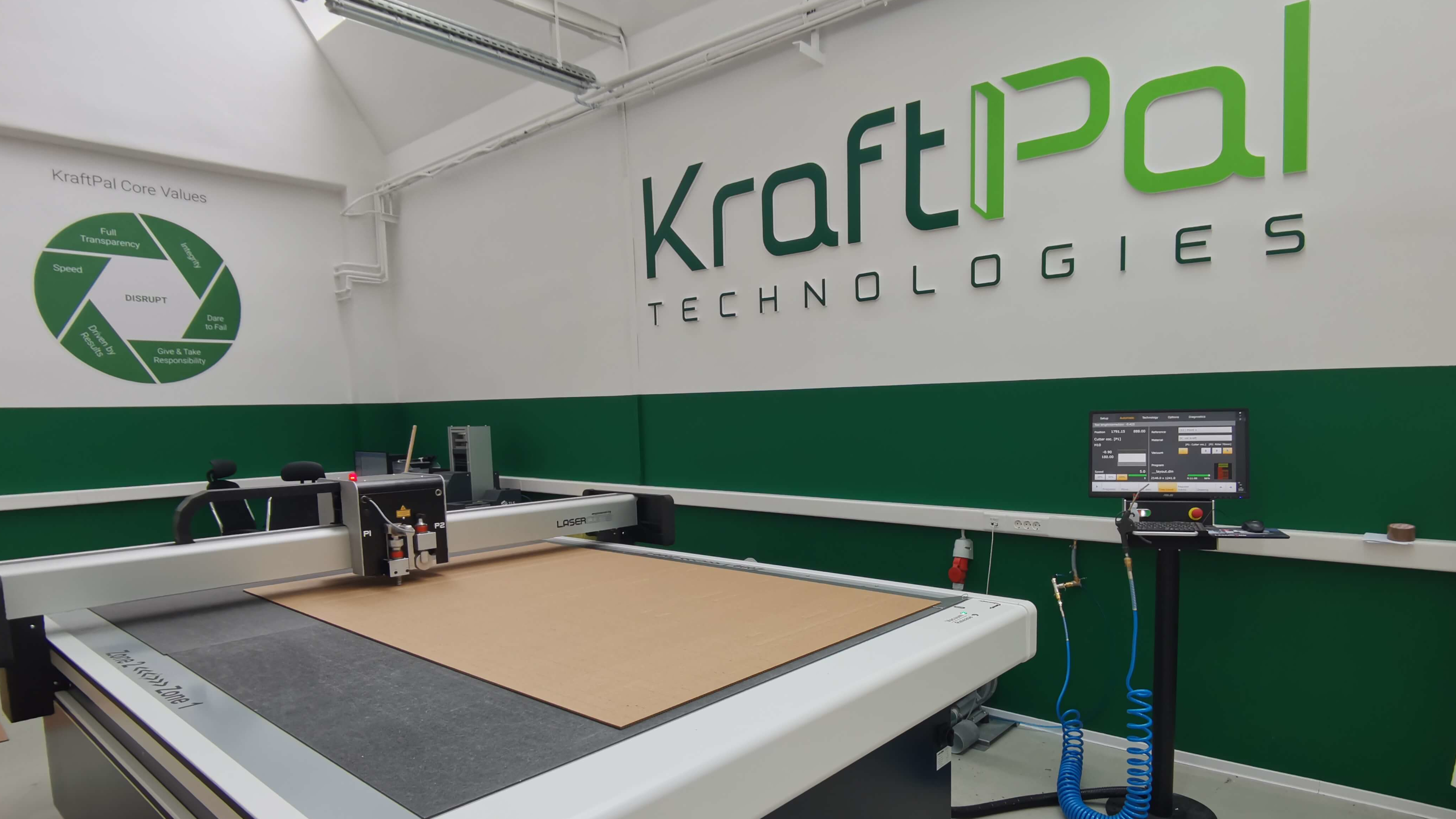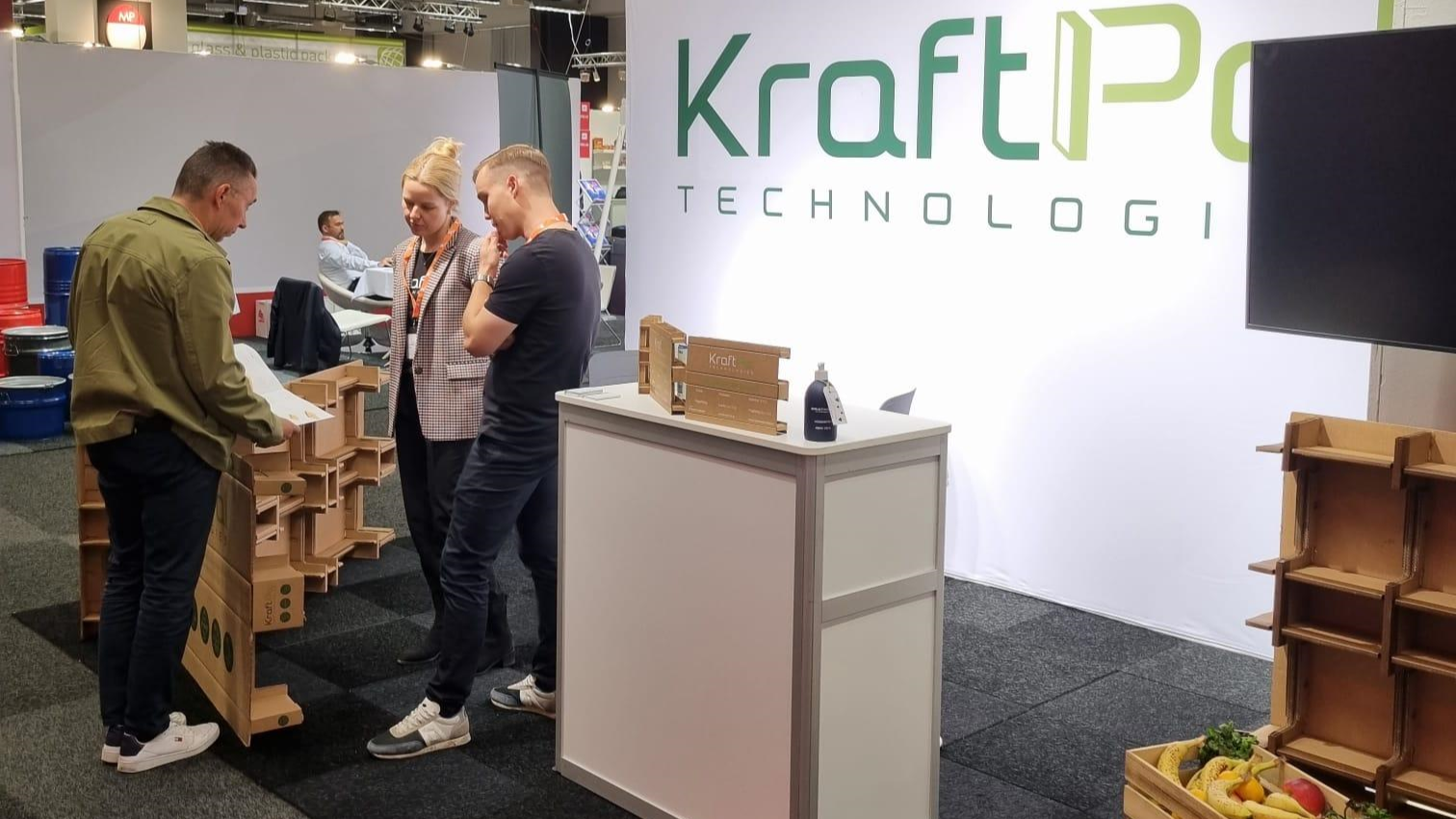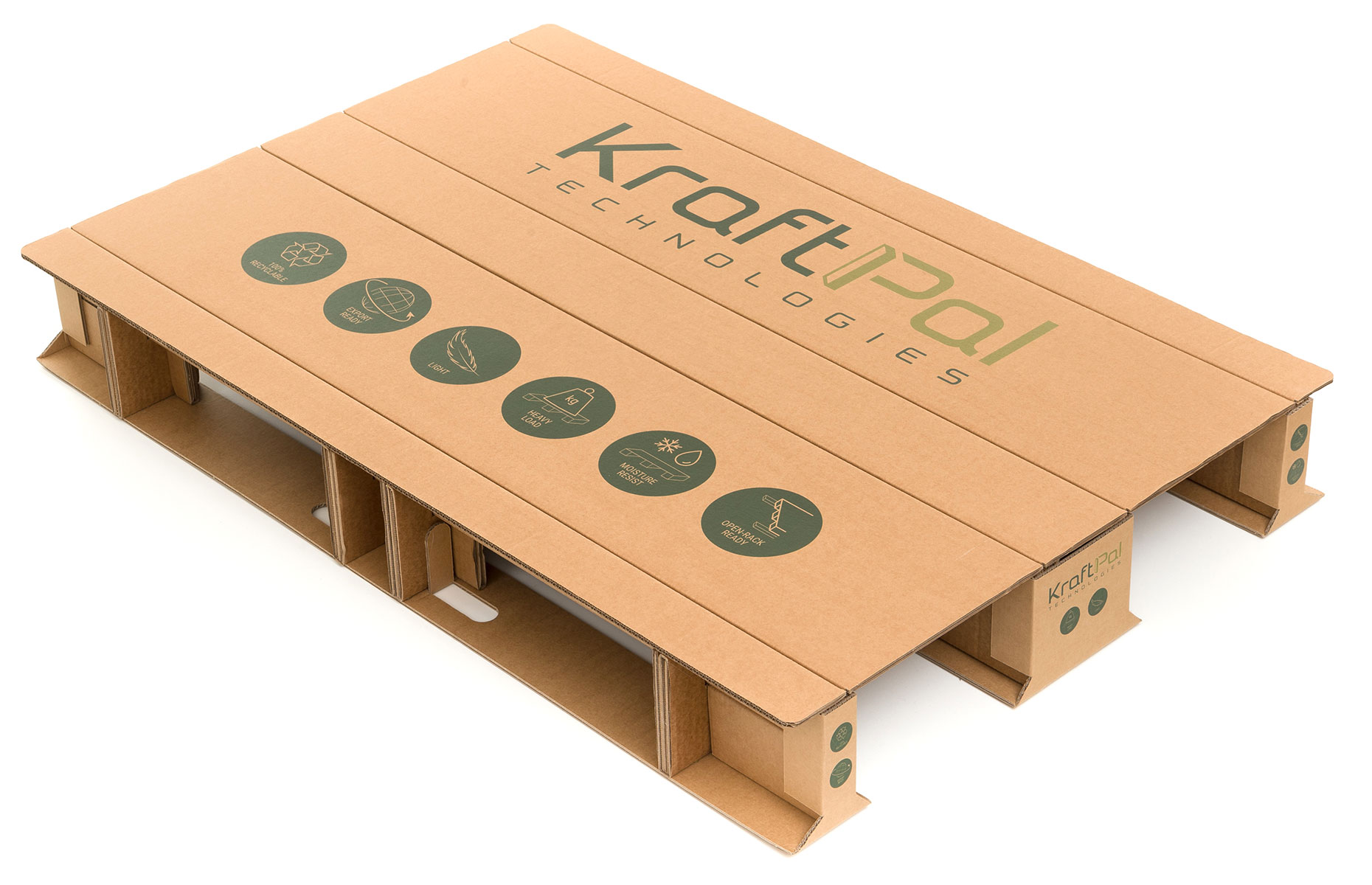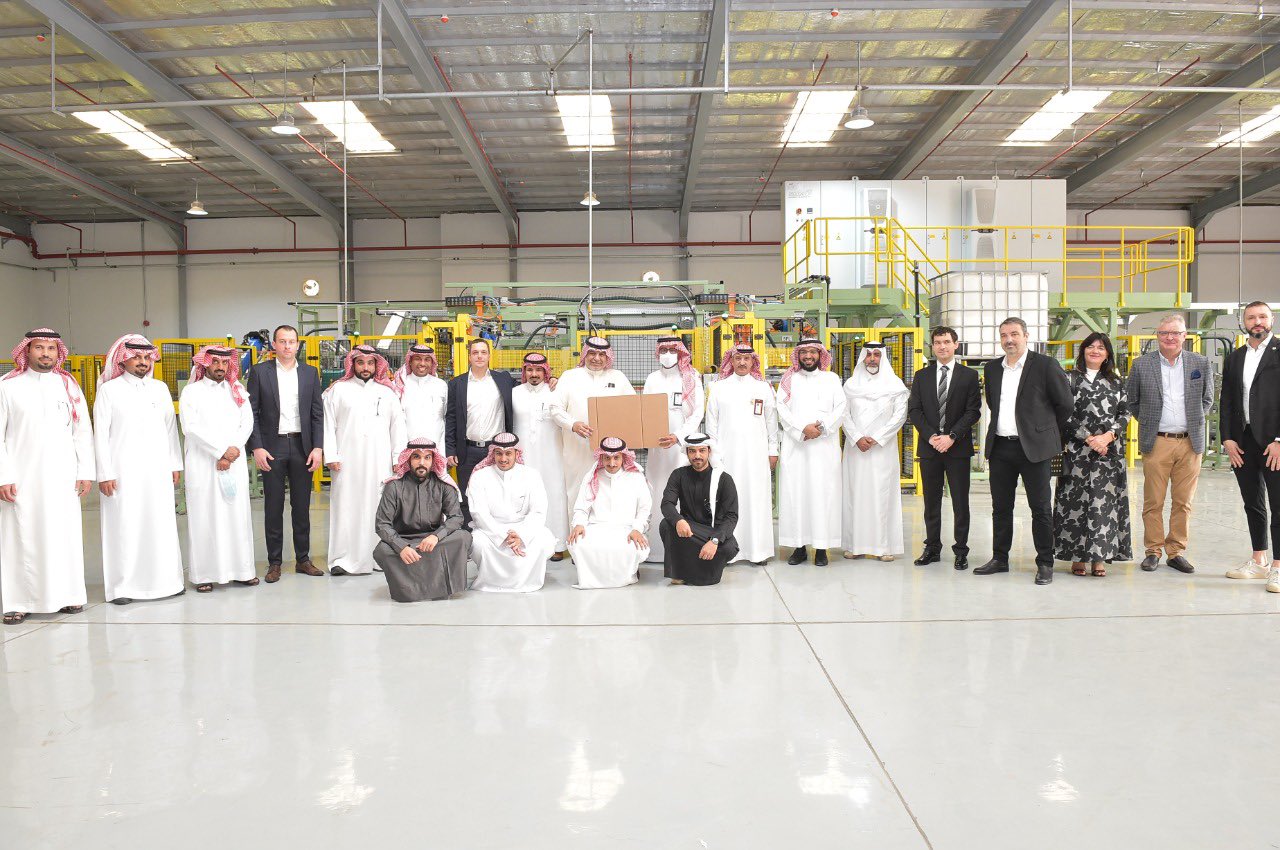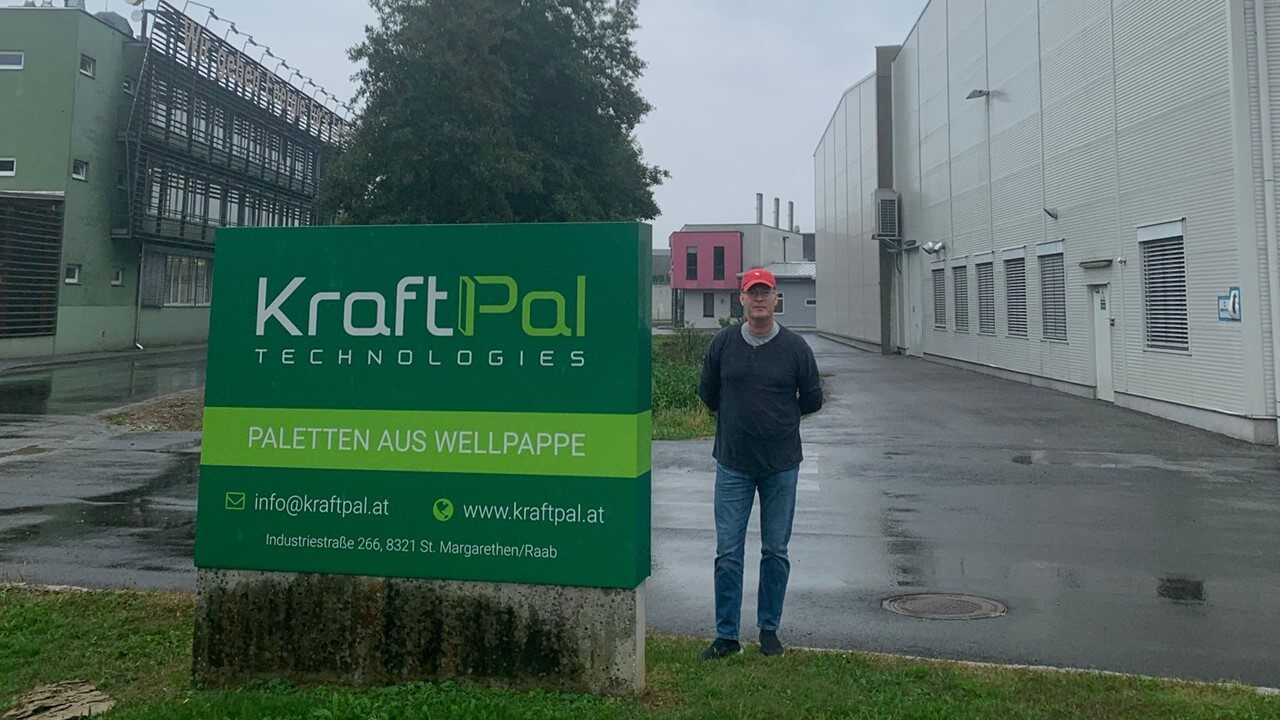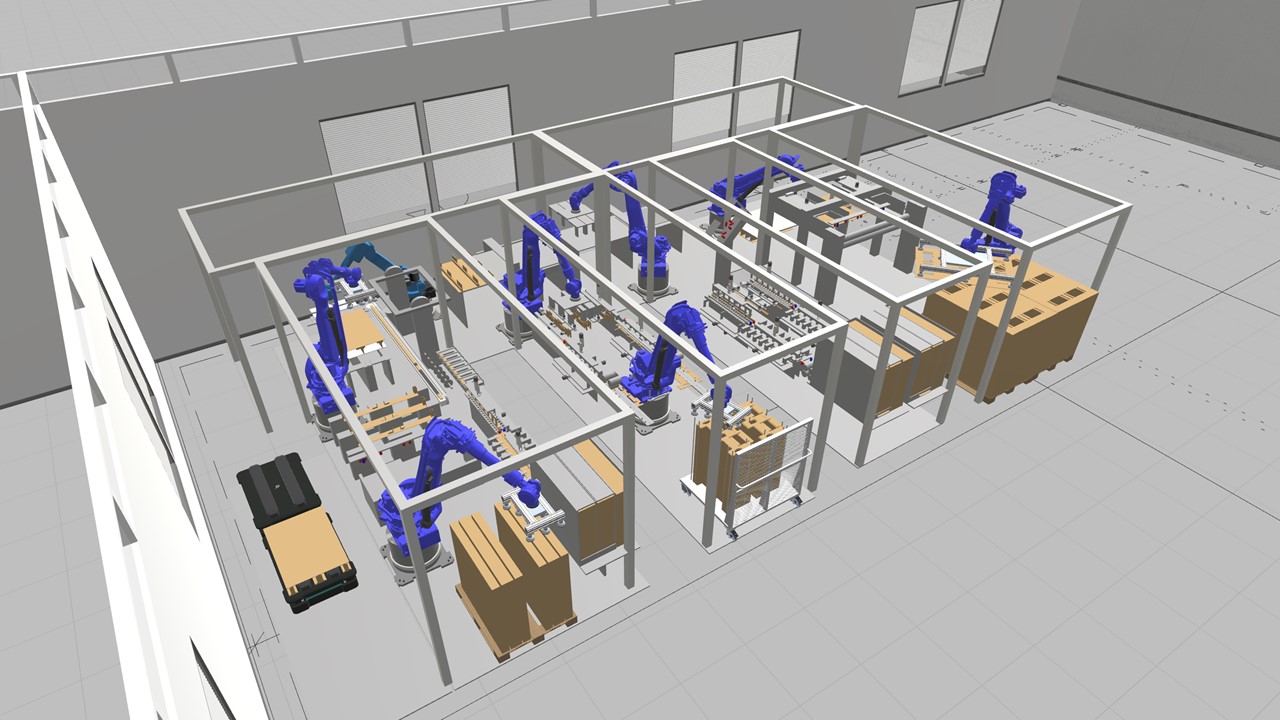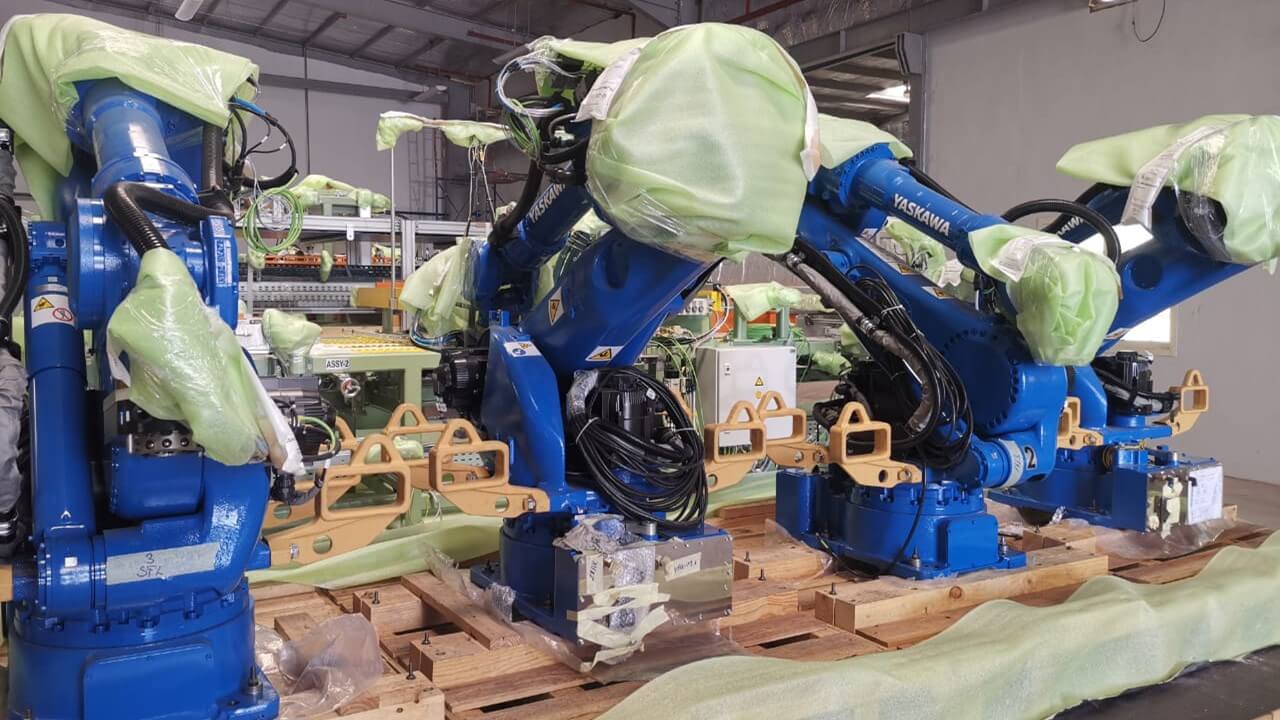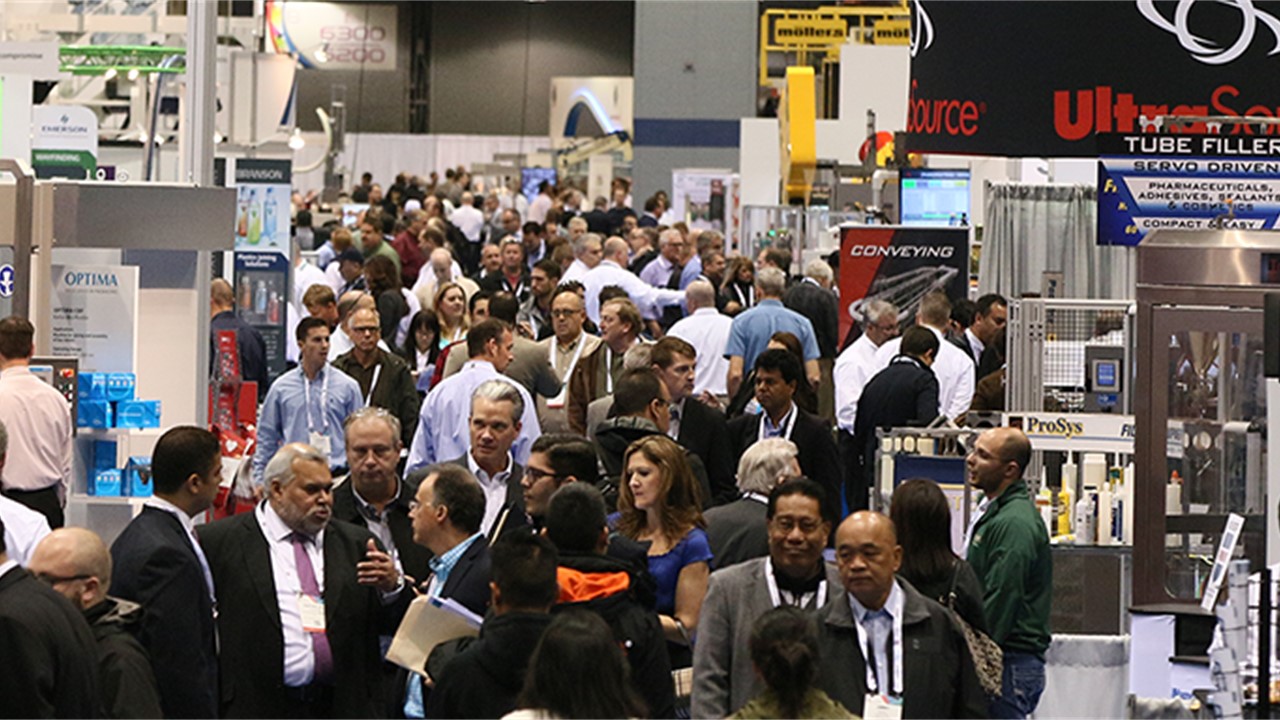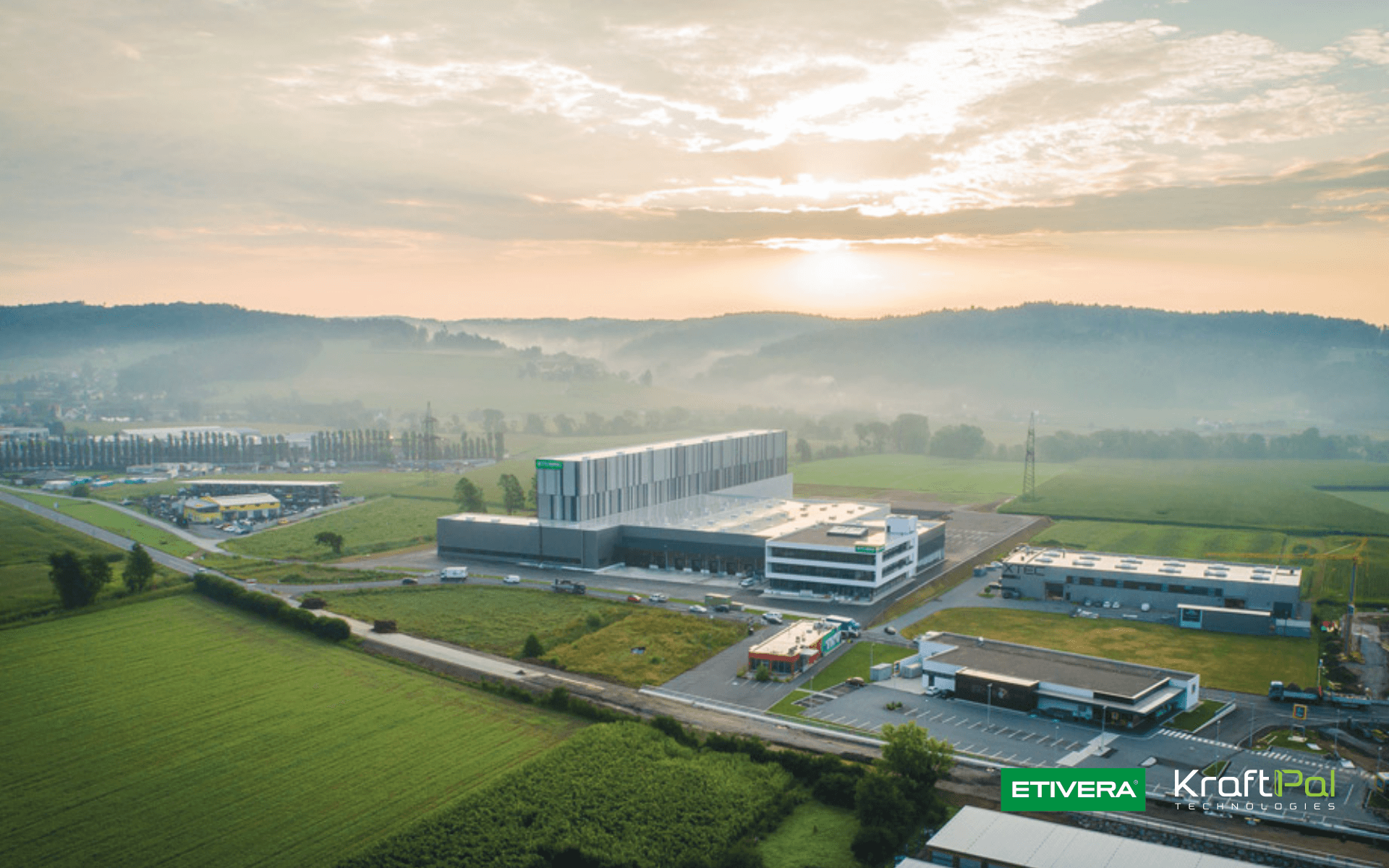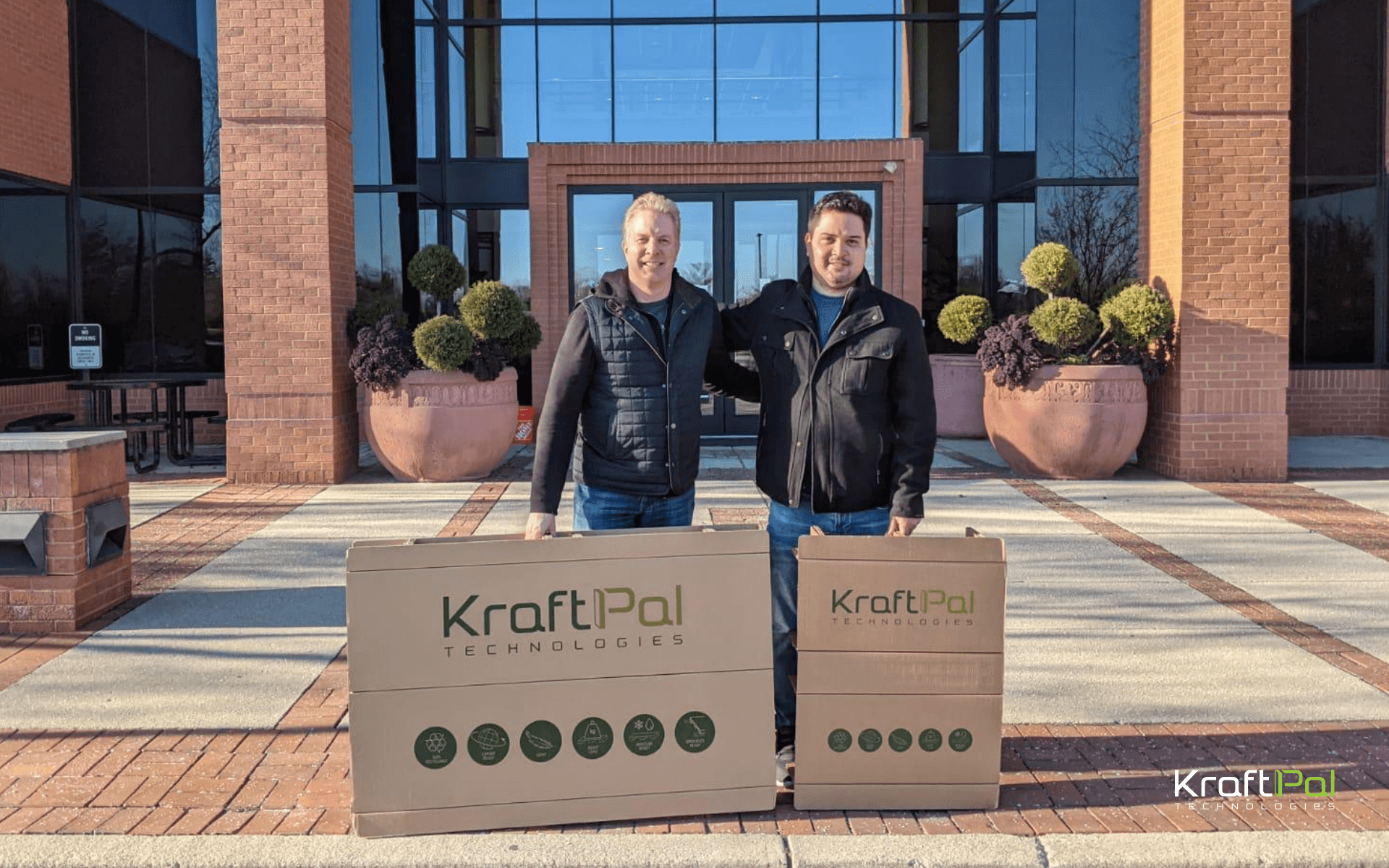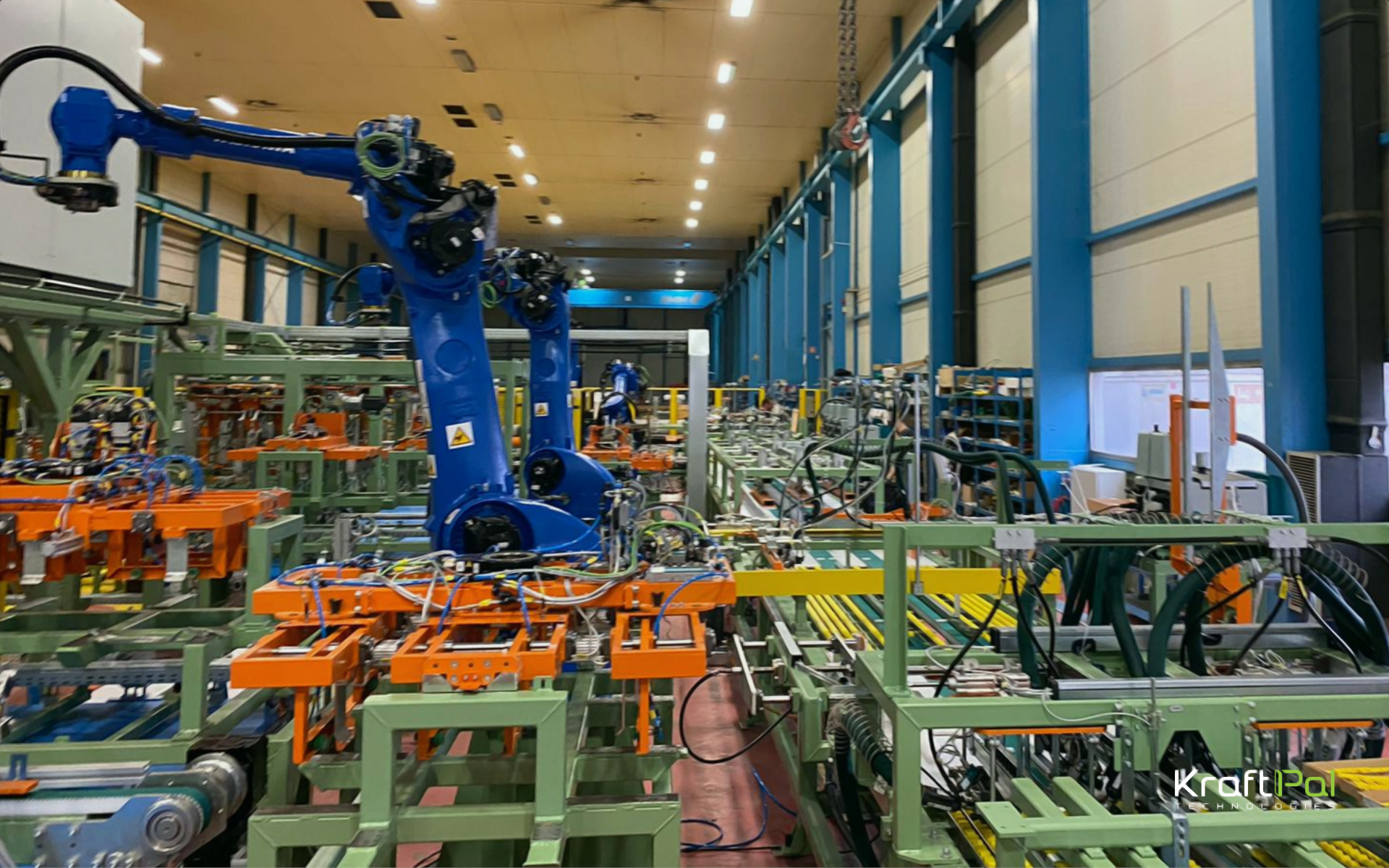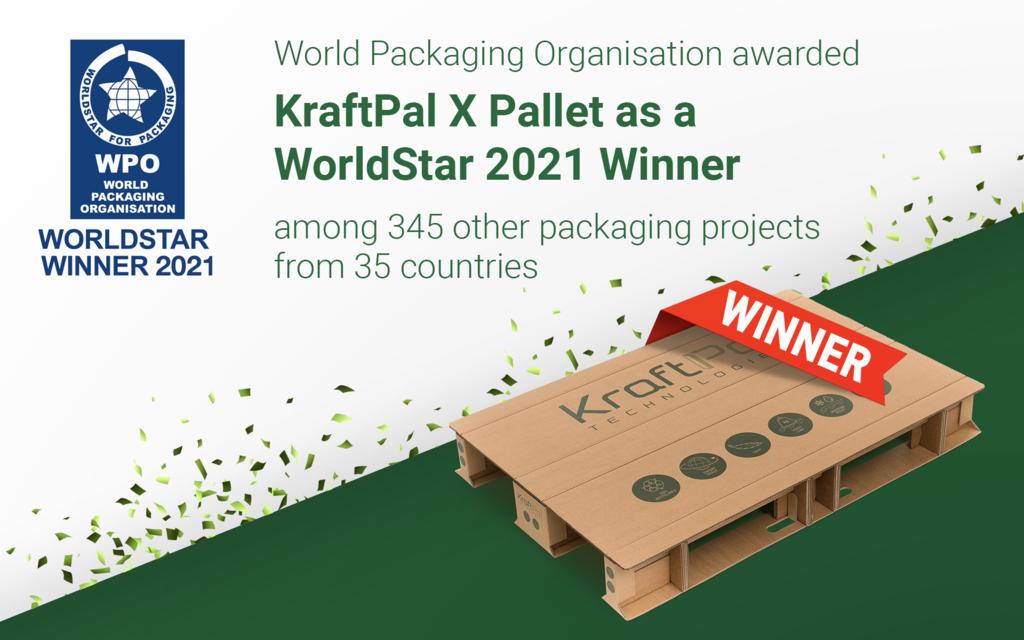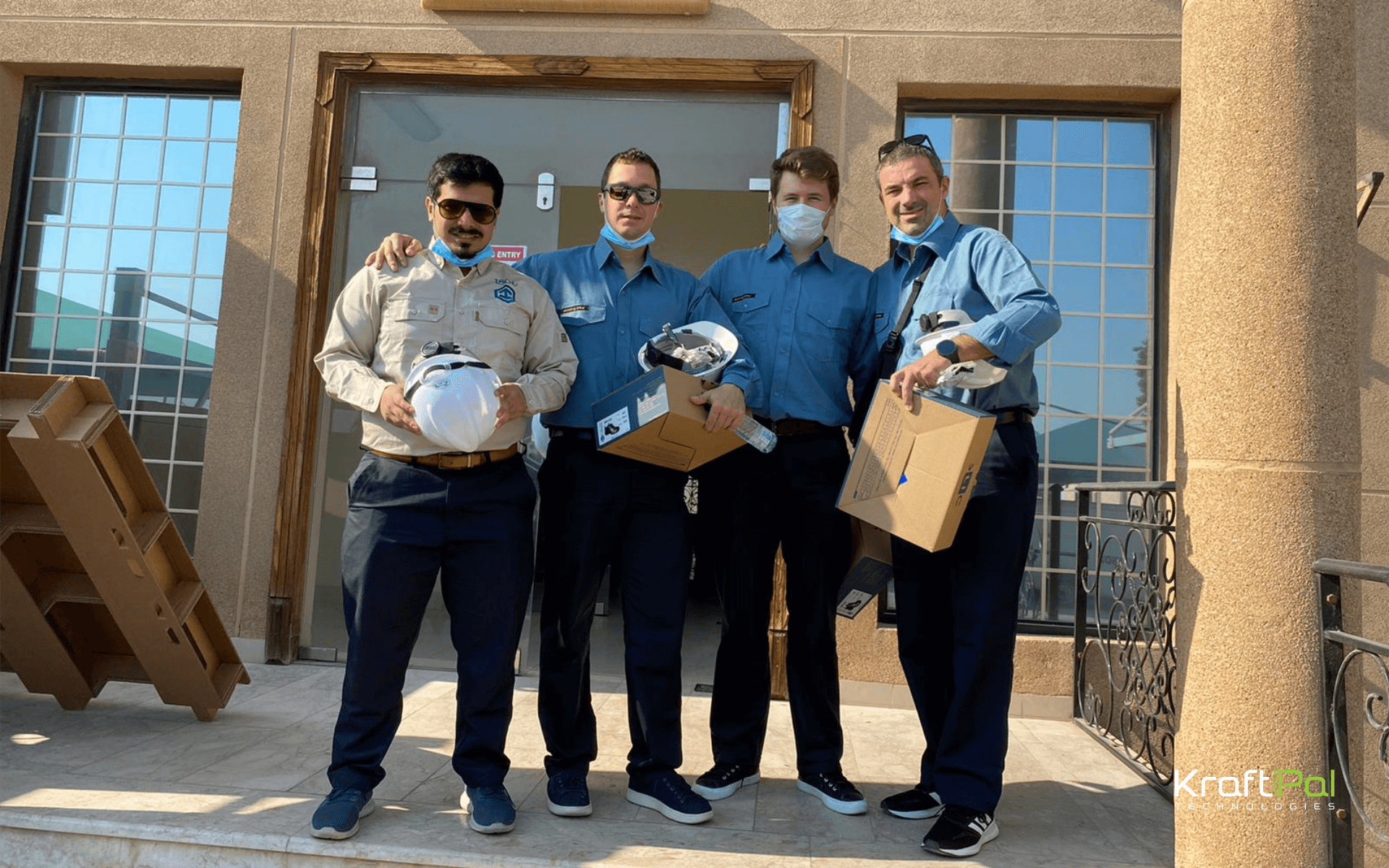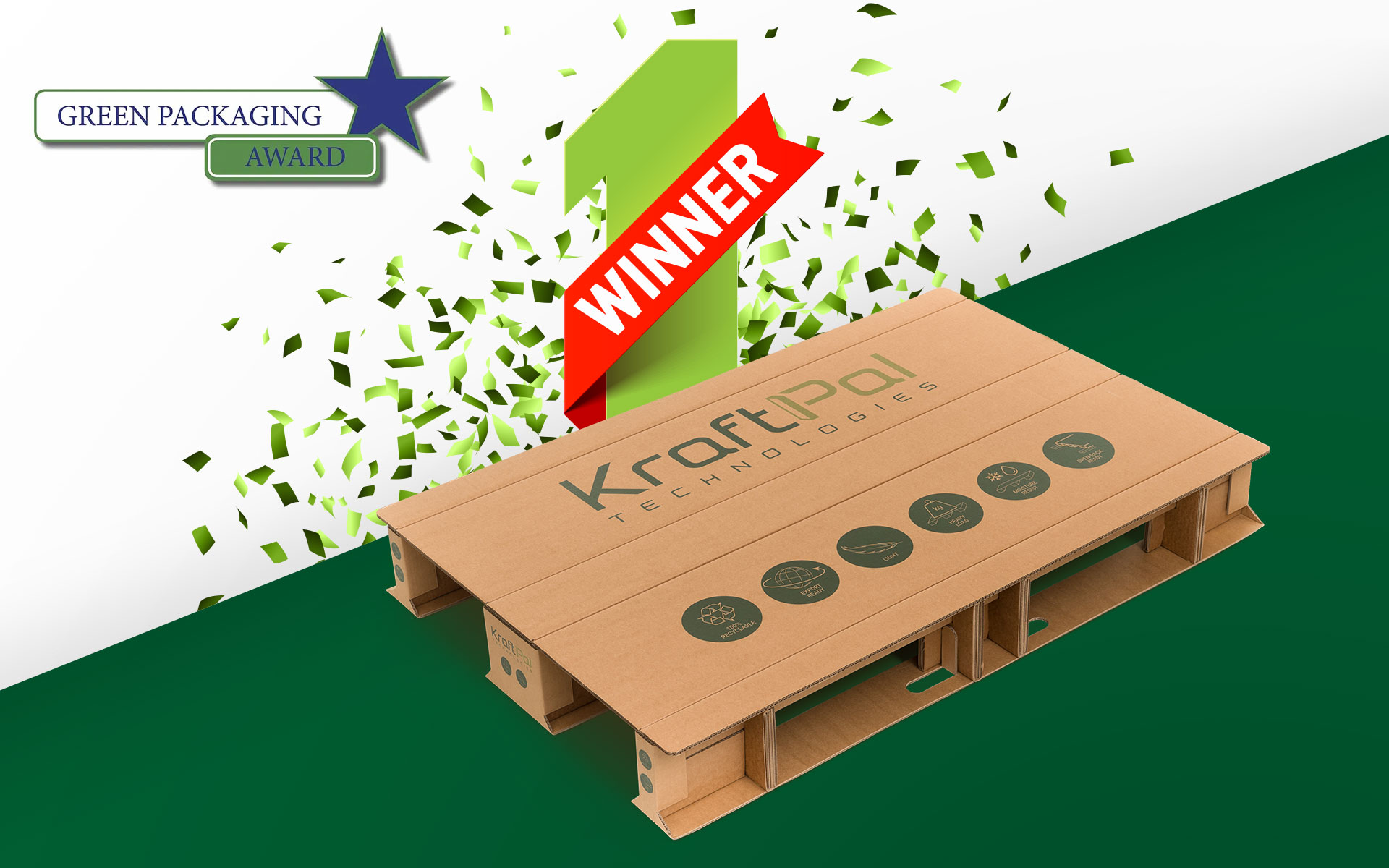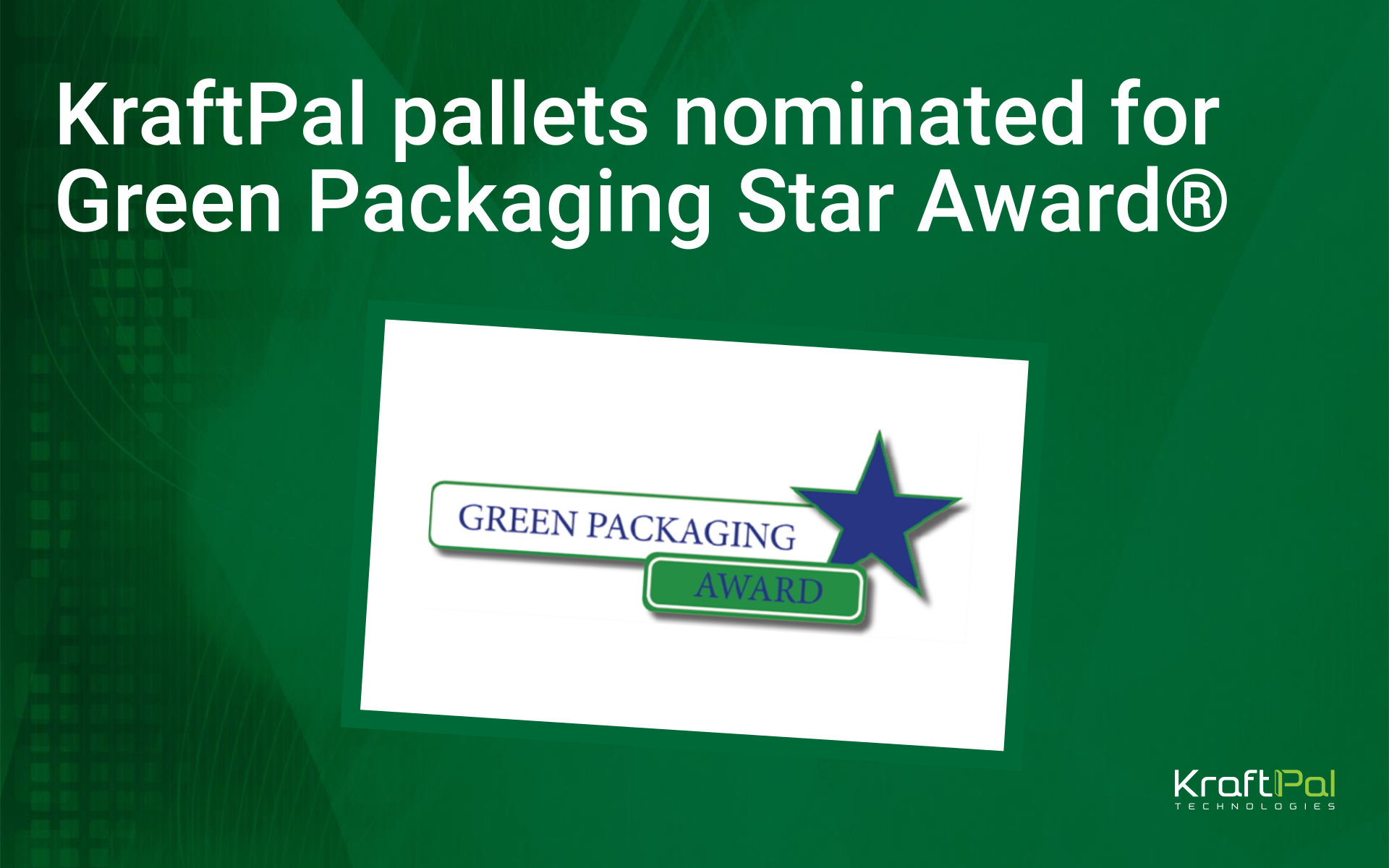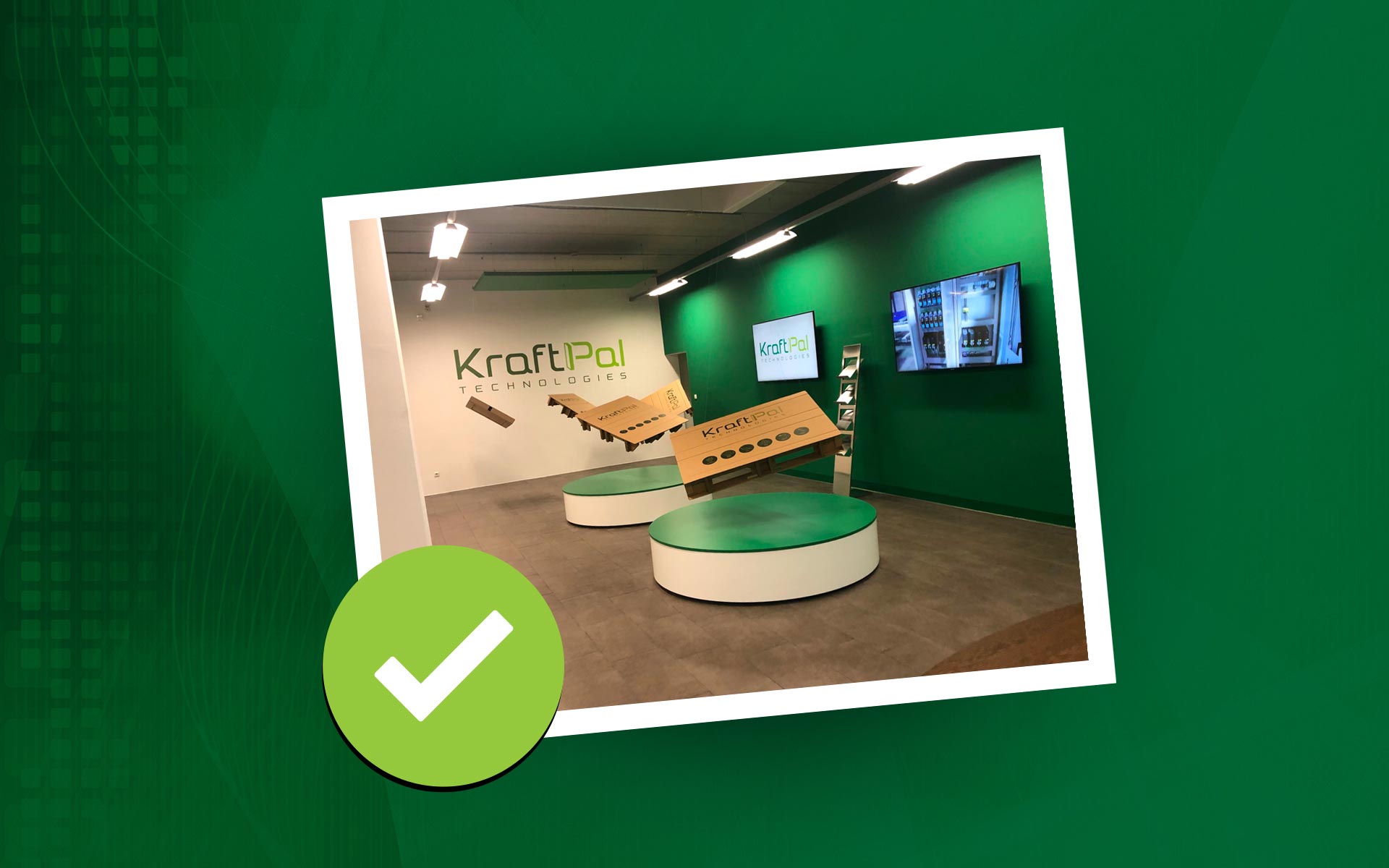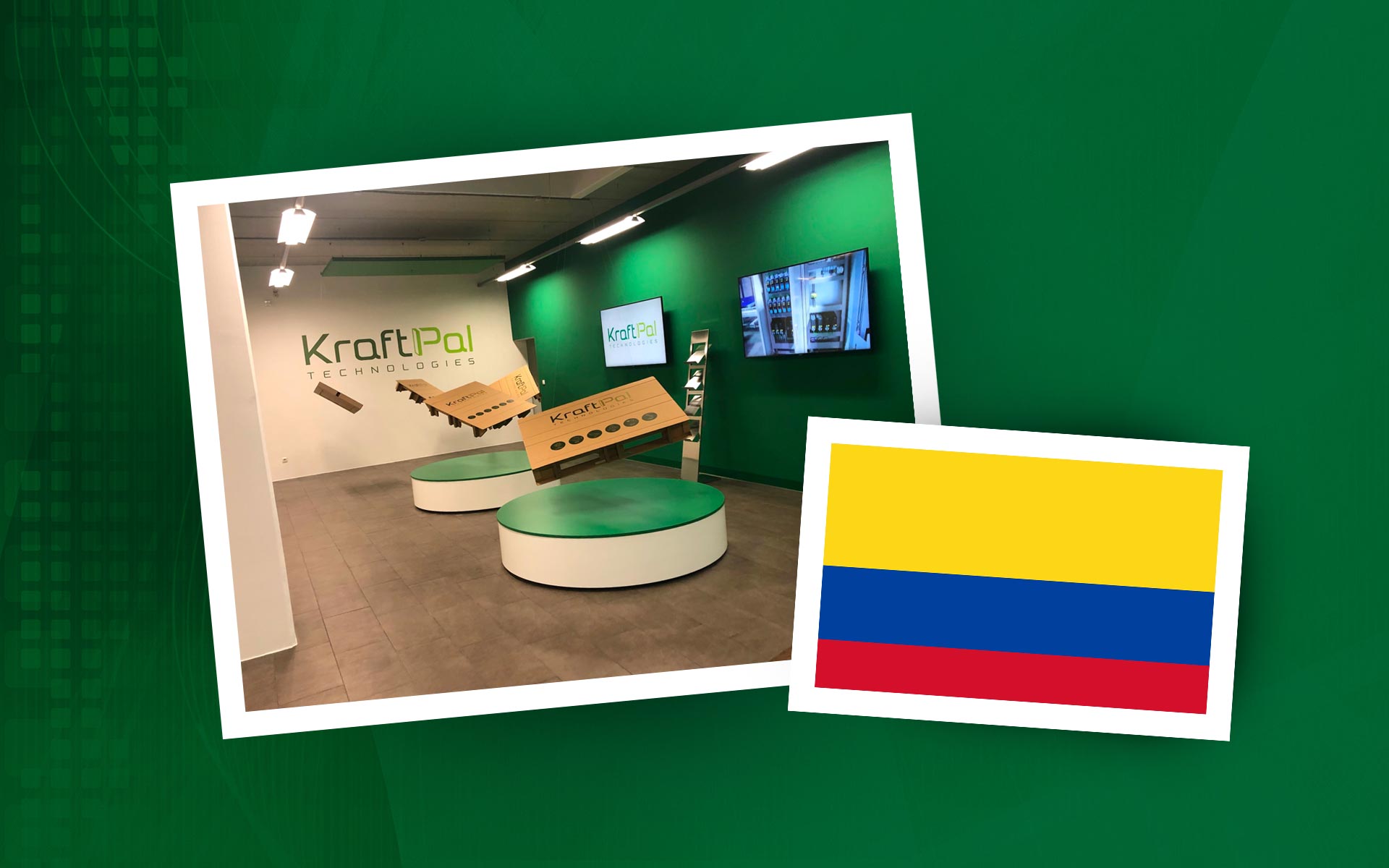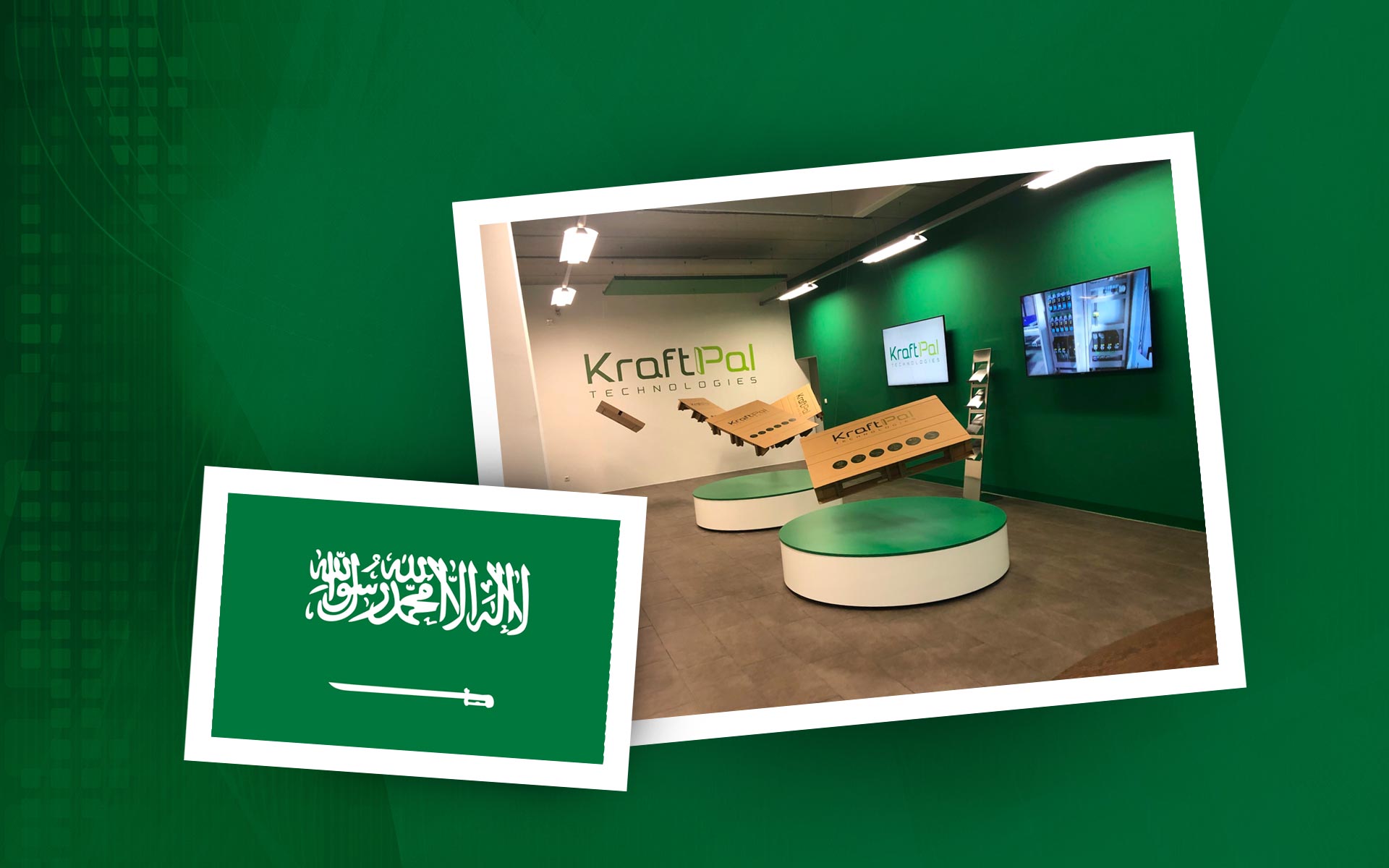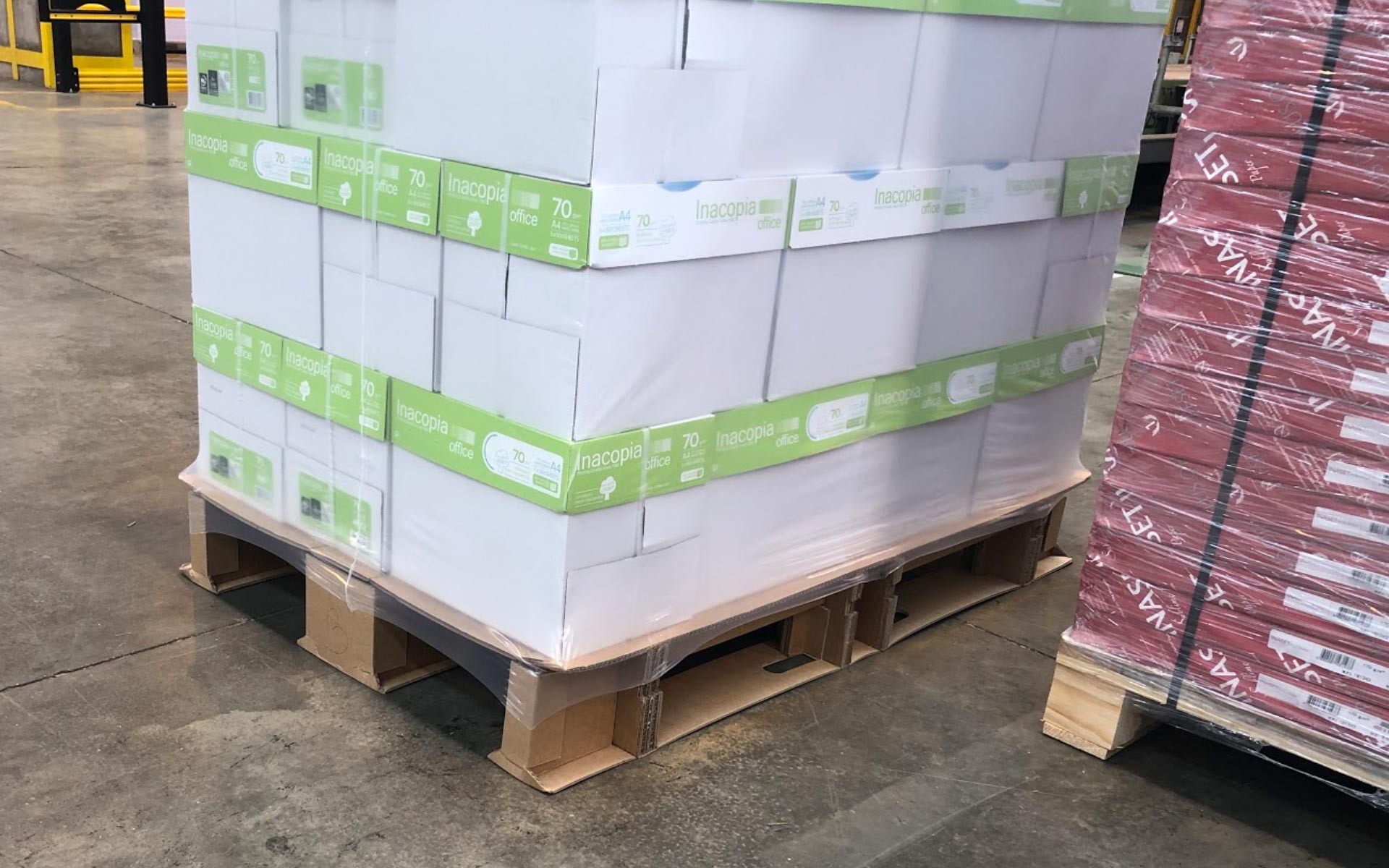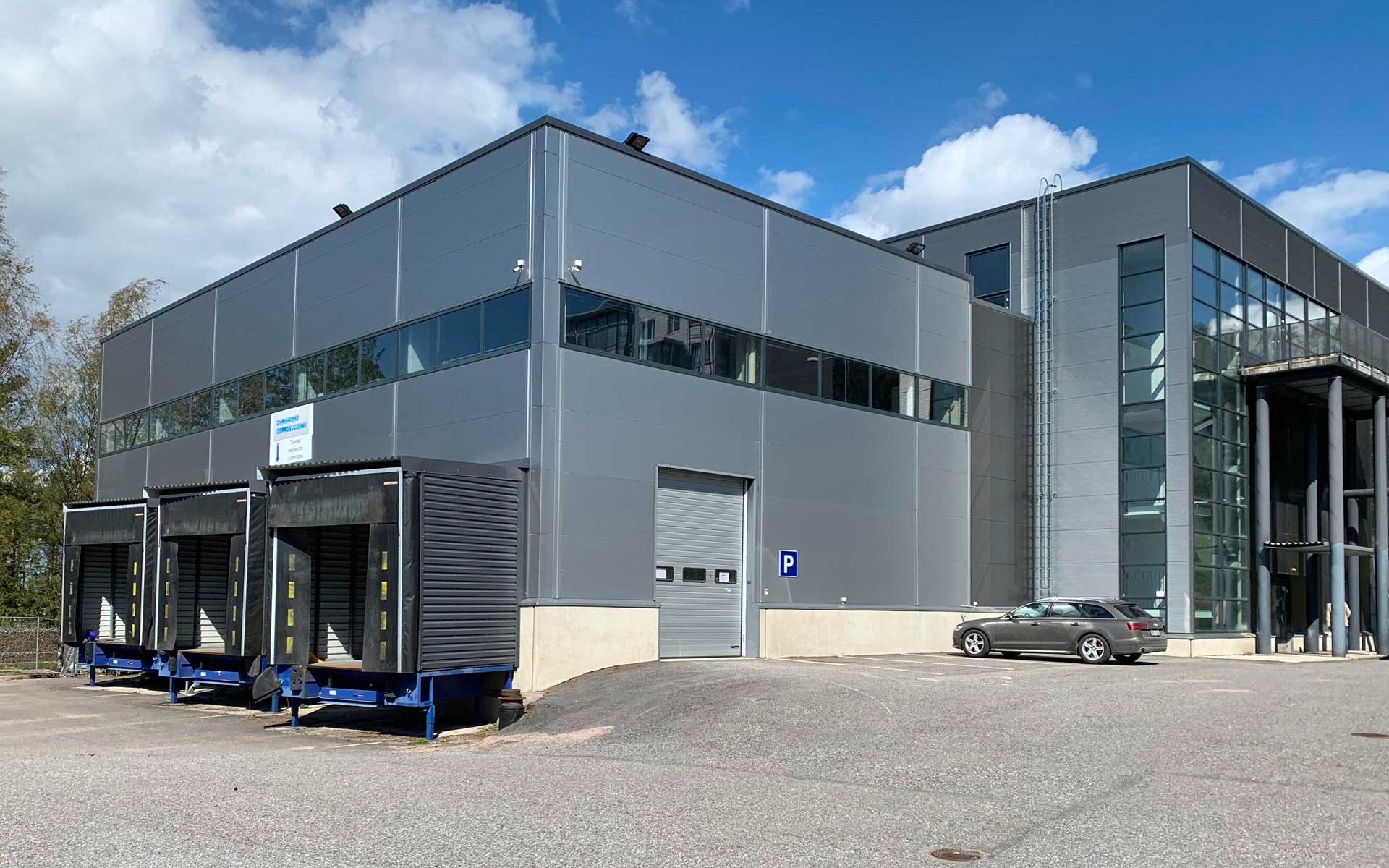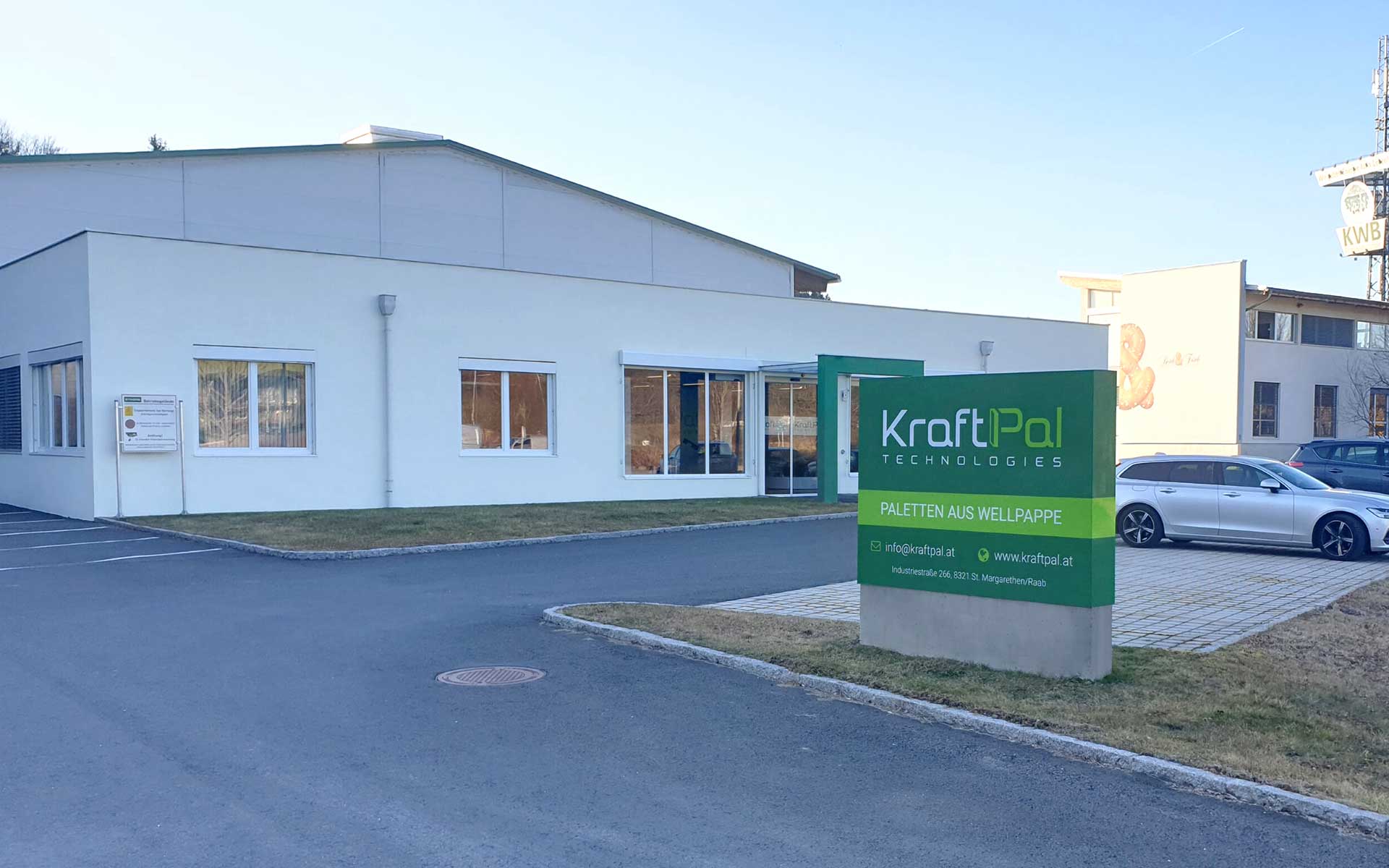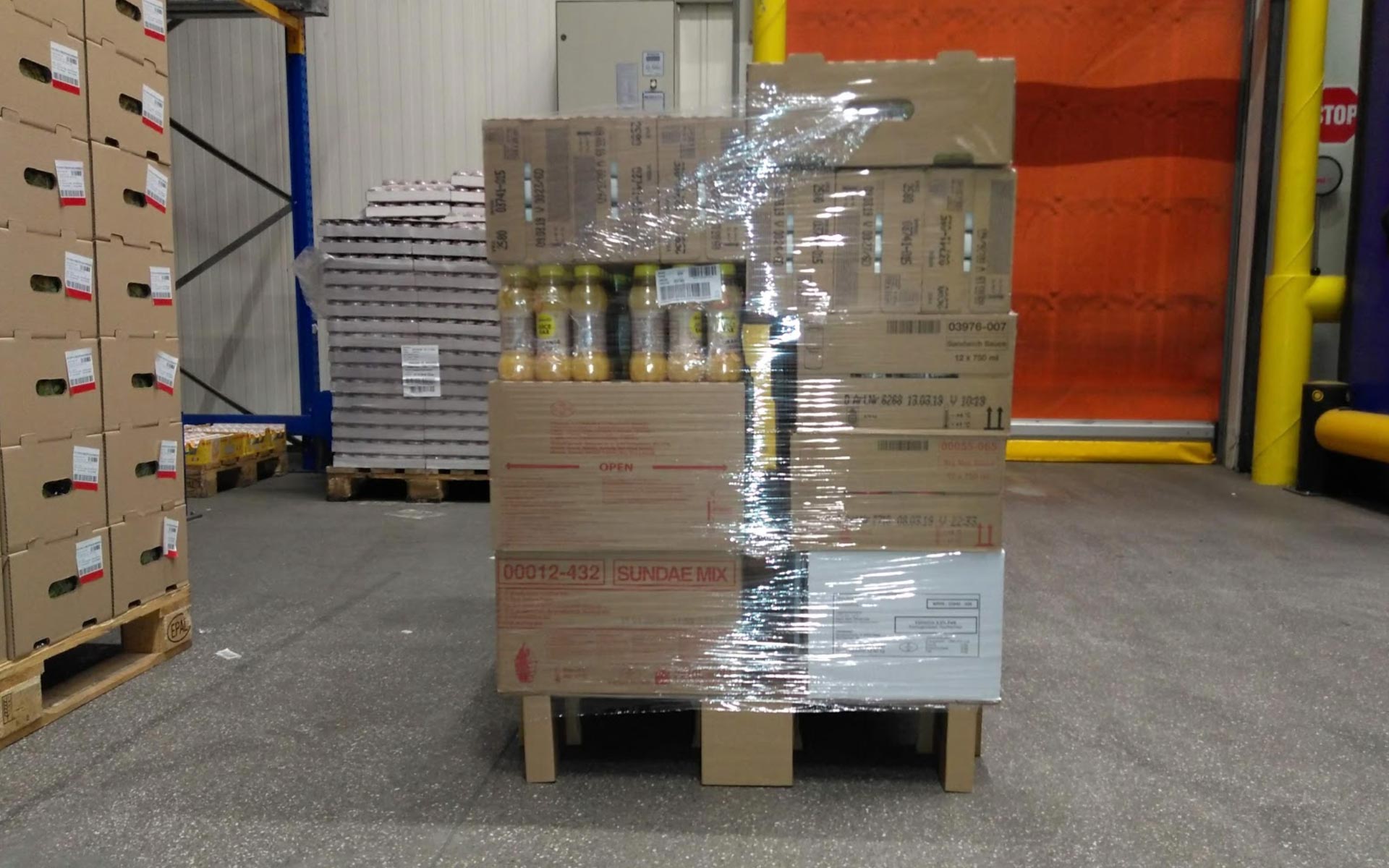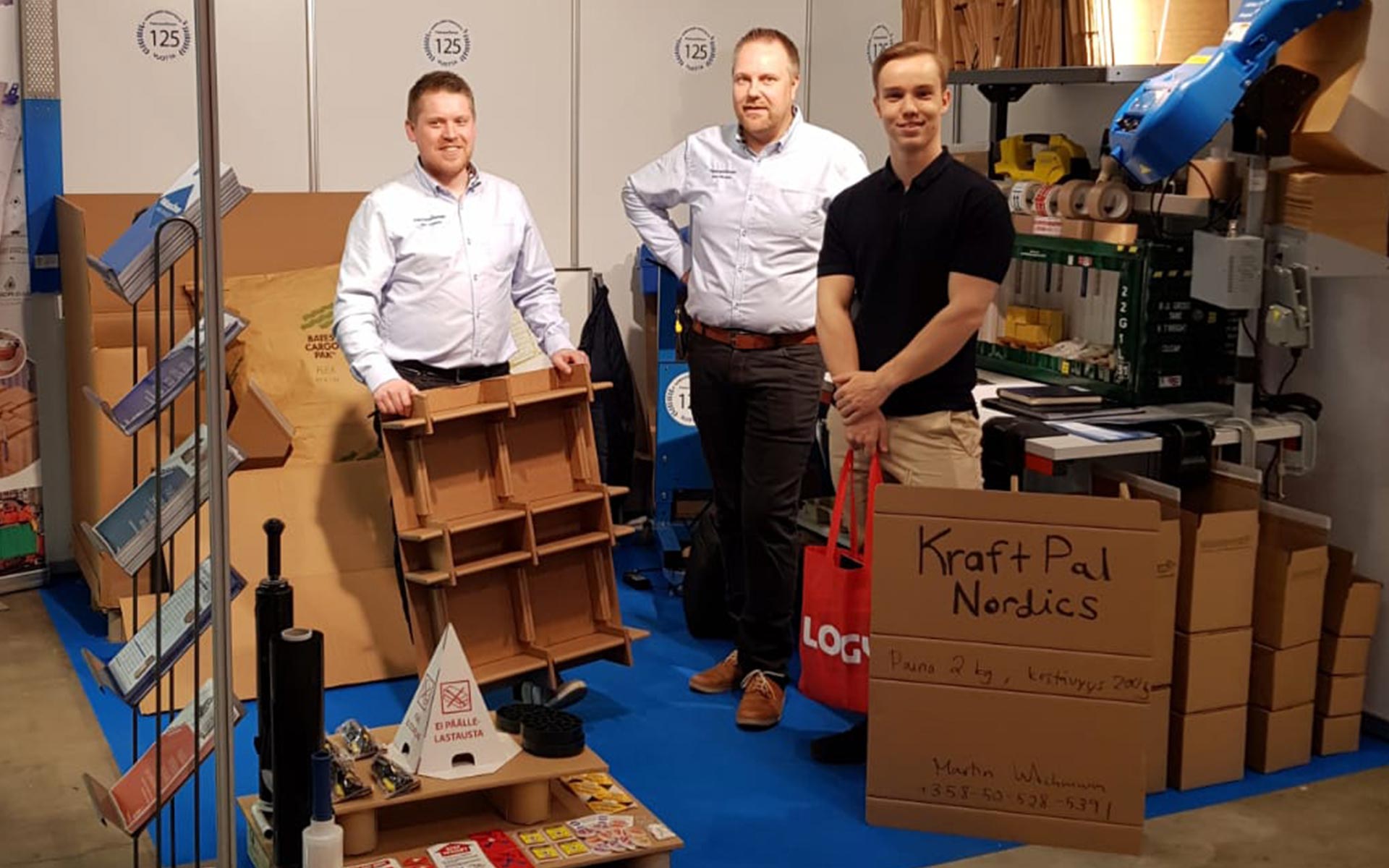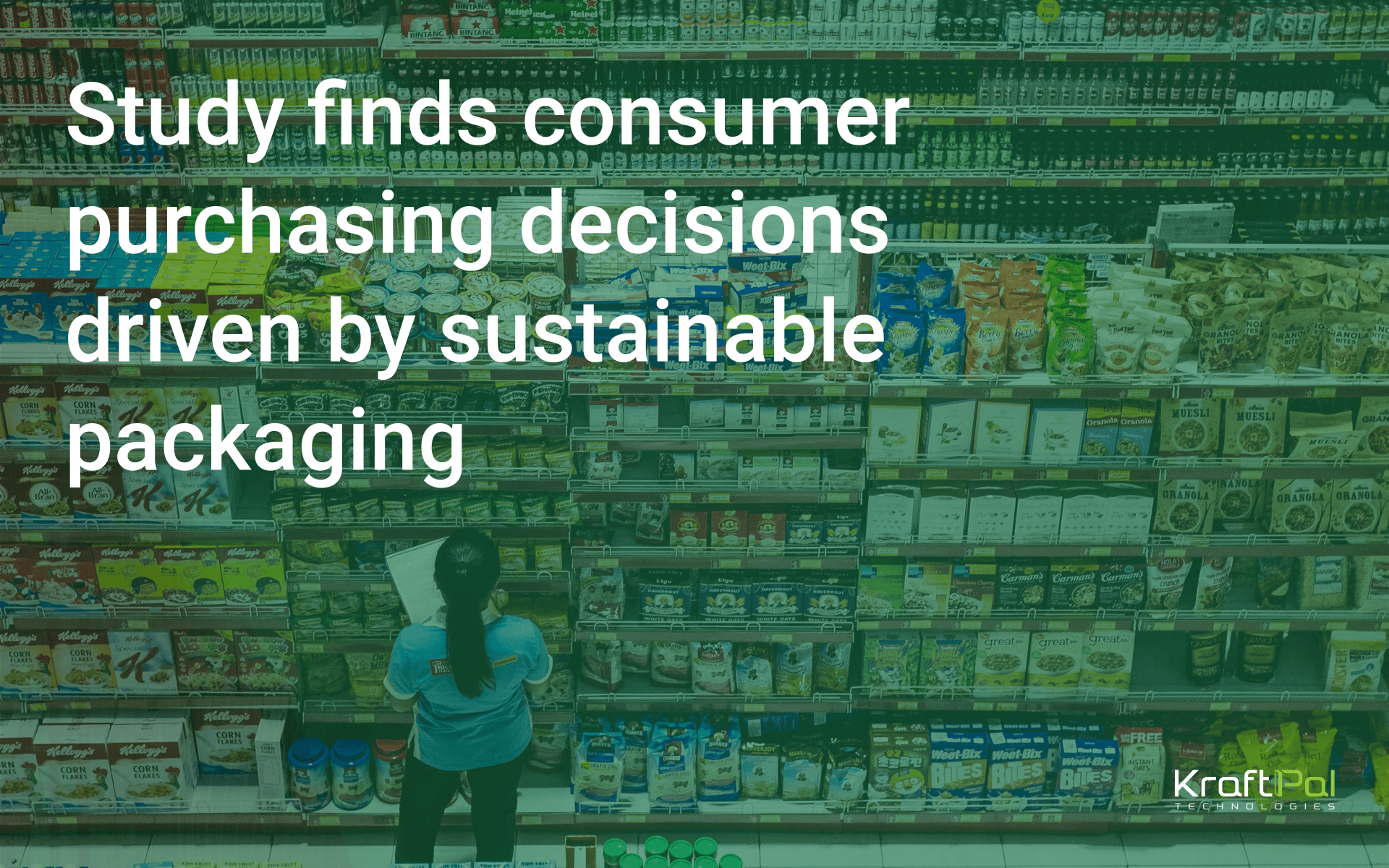
The 2021 Buying Green Report from Trivium Packaging, based on a survey of more than 15,000 consumers across Europe, North America, and South America, shows that increasing environmental awareness is influencing consumer purchasing behavior and expectations regarding sustainable packaging.
The study shows that a significant majority of respondents not only continue to identify themselves as environmentally conscious but also that their personal inclination towards sustainability drives their actions when making purchasing decisions.
|
67% of consumers still finds themselves as environmentally aware |
83% of younger consumers showed a willingness to pay the premium for sustainable packaging |
|
64% of consumers find it important that the products they buy are in packaging that contains recycled content |
67% of consumers find recyclability of packaging important |
Consumers base their perception about the level of sustainability on the product's primary packaging, which is the final layer of packaging in which the product is delivered, such as the cardboard box wrapped in plastic in which the iPhone is placed on the shelf. For this reason, we see many global companies testing environmentally friendly primary packaging oriented towards consumers. One of such companies is Coca-Cola with its paper bottle initiative. However, due to multiple layers of packaging used to move products through the supply chain, packaging should be looked at more holistically to assess whether a product has truly been delivered in an environmentally friendly way.

In terms of use, quaternary or transport packaging is used at all stages of the supply chain, from raw material and semi-finished product delivery to the manufacturer and from there to the retailer's shelf. Therefore, it affects the environmental impact of the whole supply chain in a much broader sense than any other layer of packaging. Currently, the most common quaternary packaging is the standard wooden pallet, which often weighs more than 25 kilograms which significantly impacts fossil fuel consumption and emission levels during road, air, or sea transport - heavier objects require more energy to move. In addition, once wooden pallets reach the end of their life, they are too complex to recycle and are therefore disposed of in nature, contributing to the accumulation of landfills worldwide.
This is why at KraftPal we are committed to designing and supplying lightweight and fully recyclable cardboard pallets that meet all the requirements of the modern supply chain. To meet these requirements and ensure maximum applicability of our products throughout the supply chain, we have utilized our proprietary interlocking structure that allows for superior load capacity and structural rigidity comparable to the wooden pallet.

Our award-winning pallets have been recognized as the most nature-friendly alternative to wooden, composite, and plastic pallets by various organizations worldwide, such as World Packaging Organization, FEFCO, ARA, and Kompack Magazine,
To explore the possibilities of using our pallets in your supply chain get in touch with our team.
